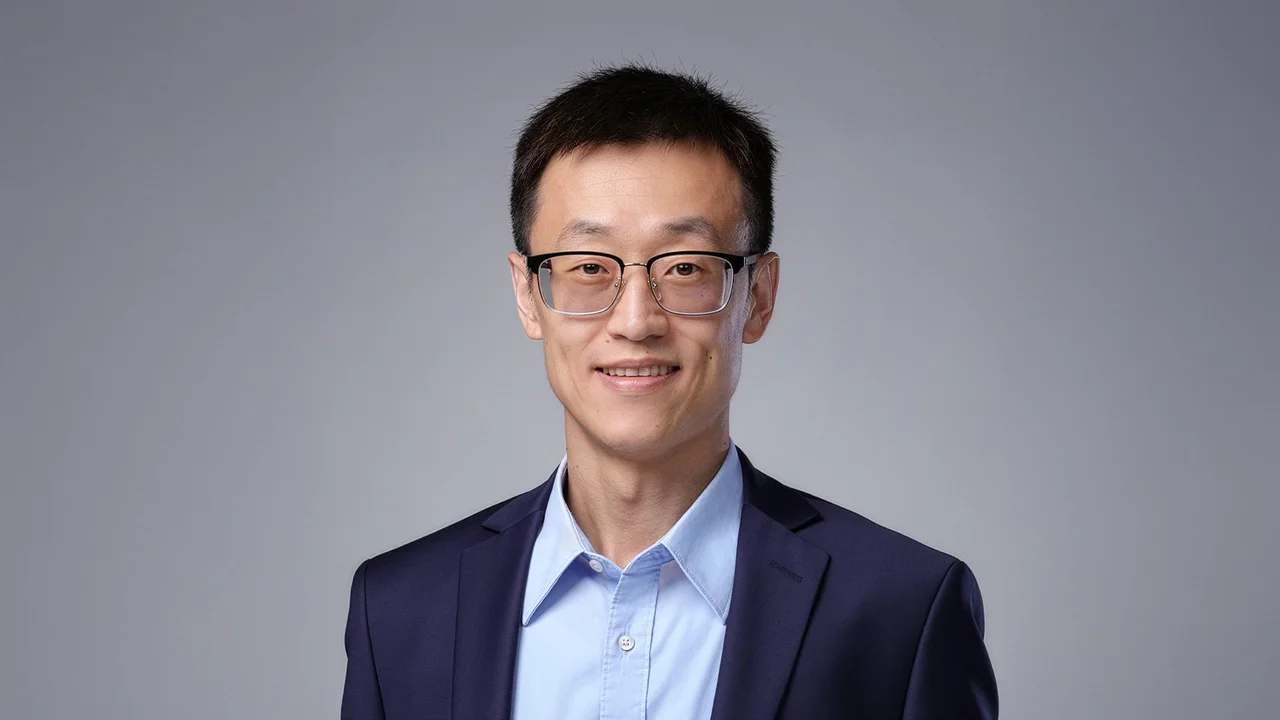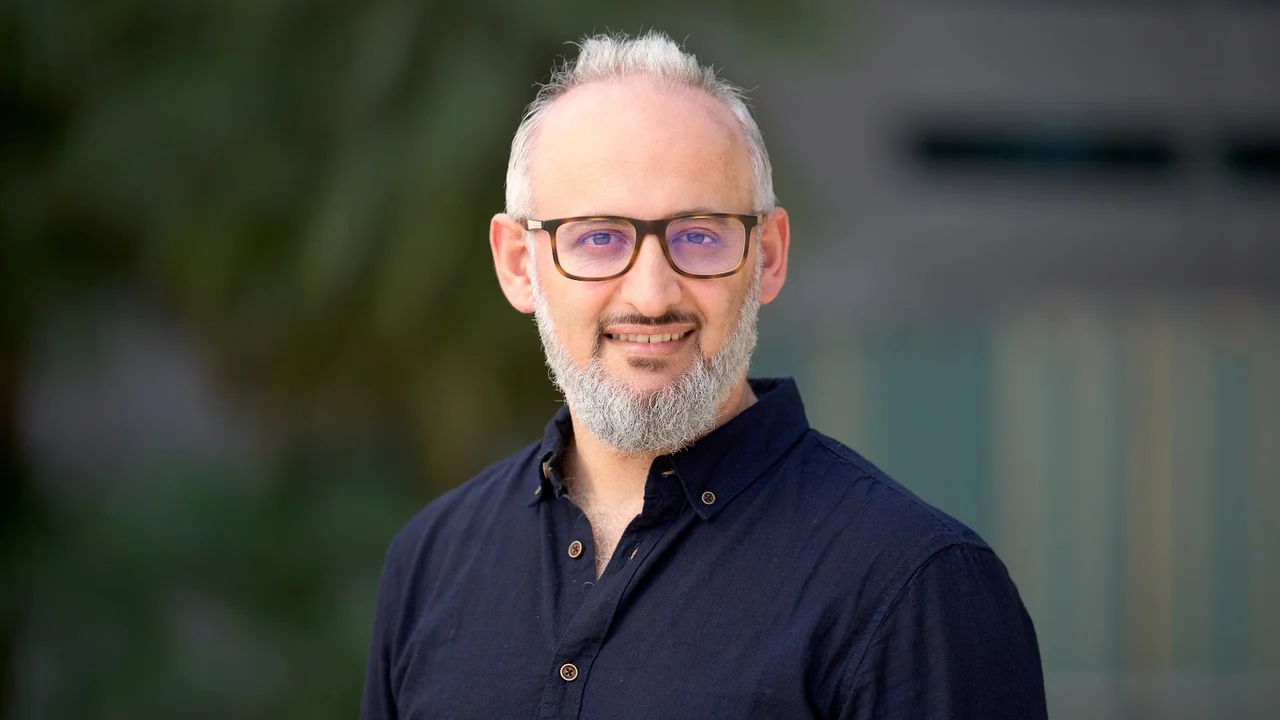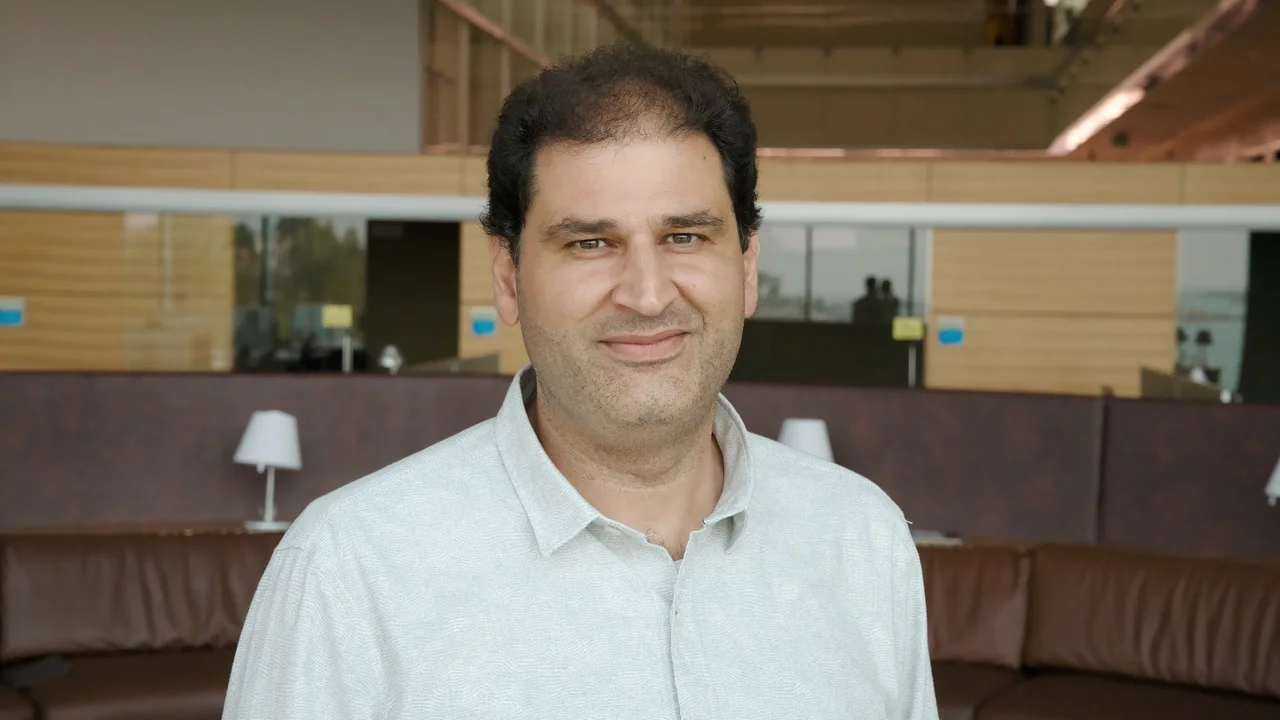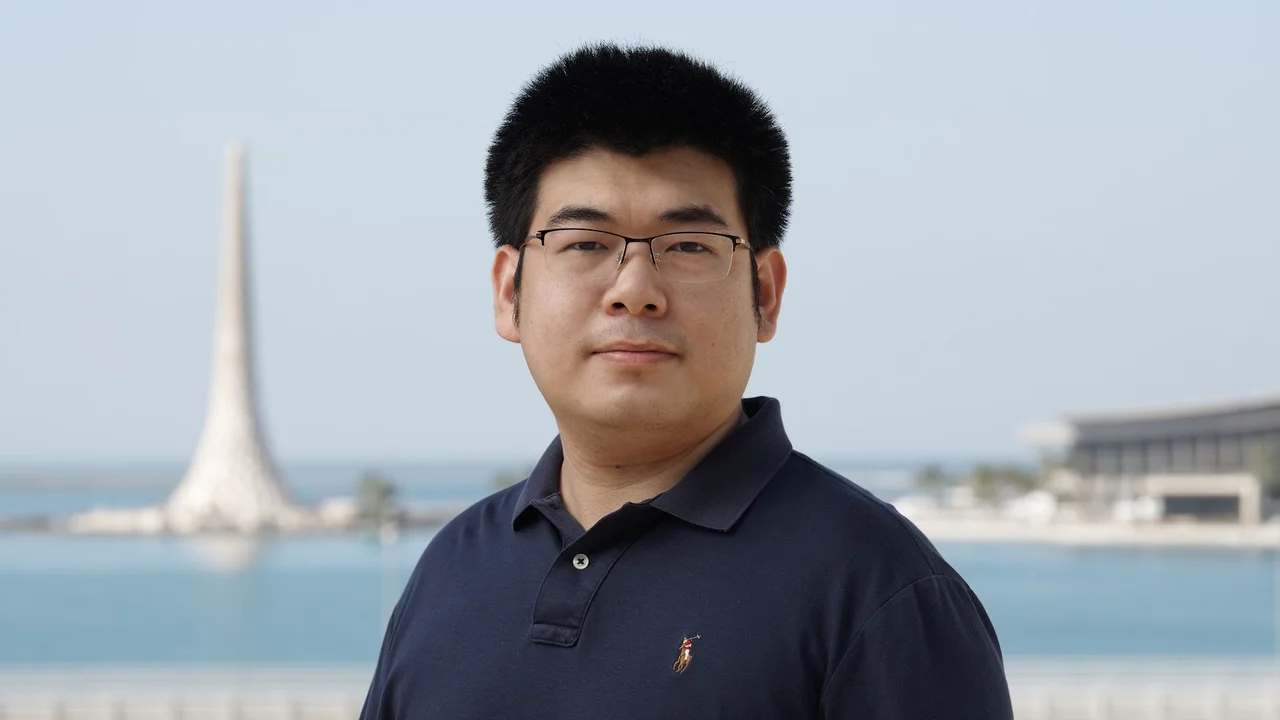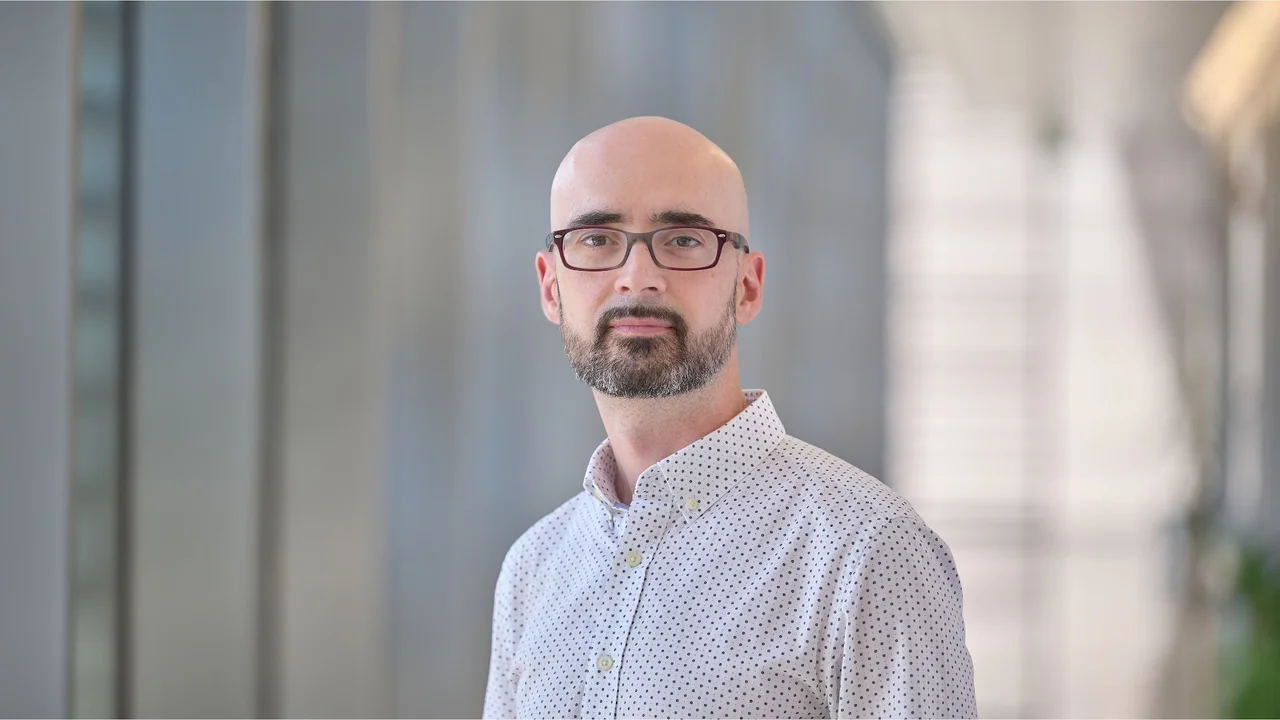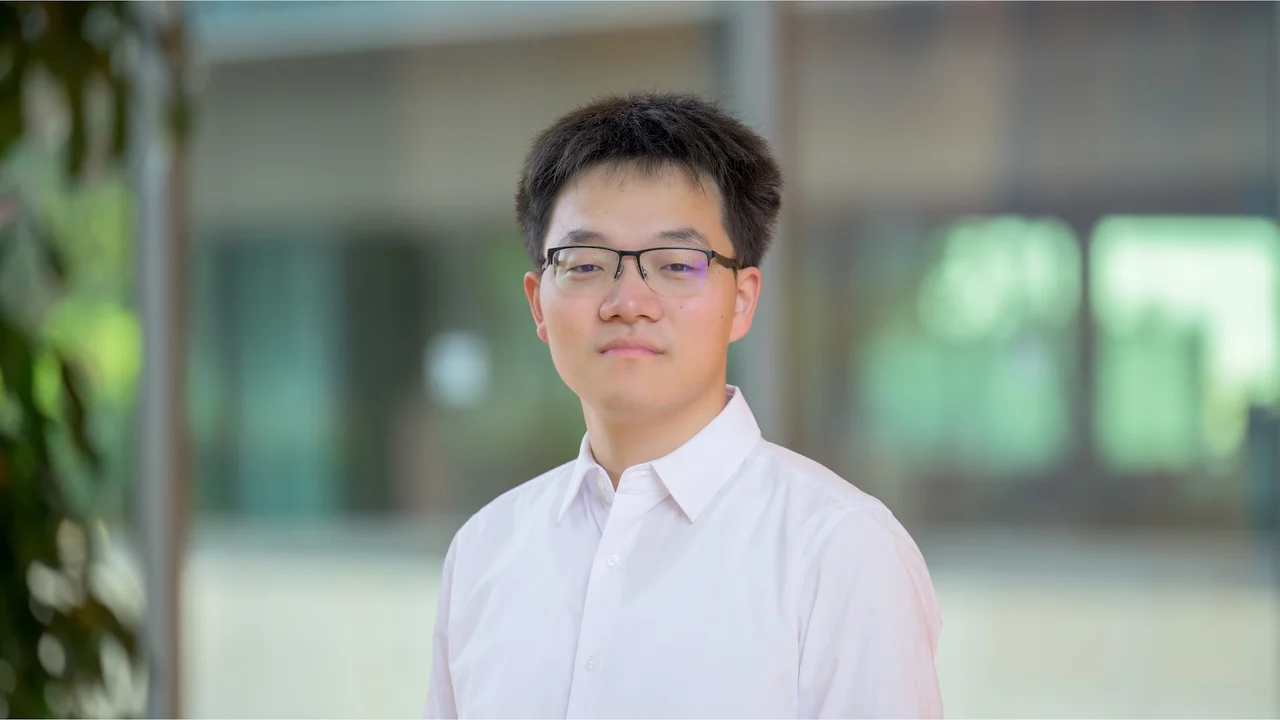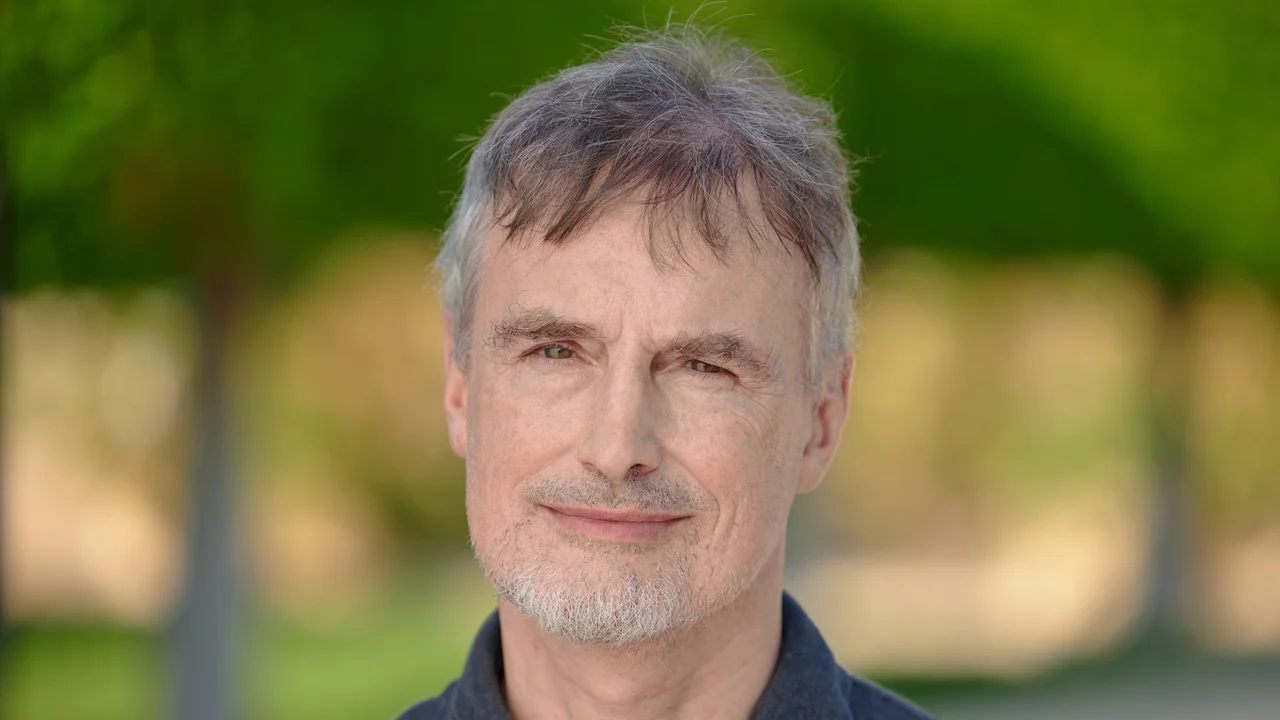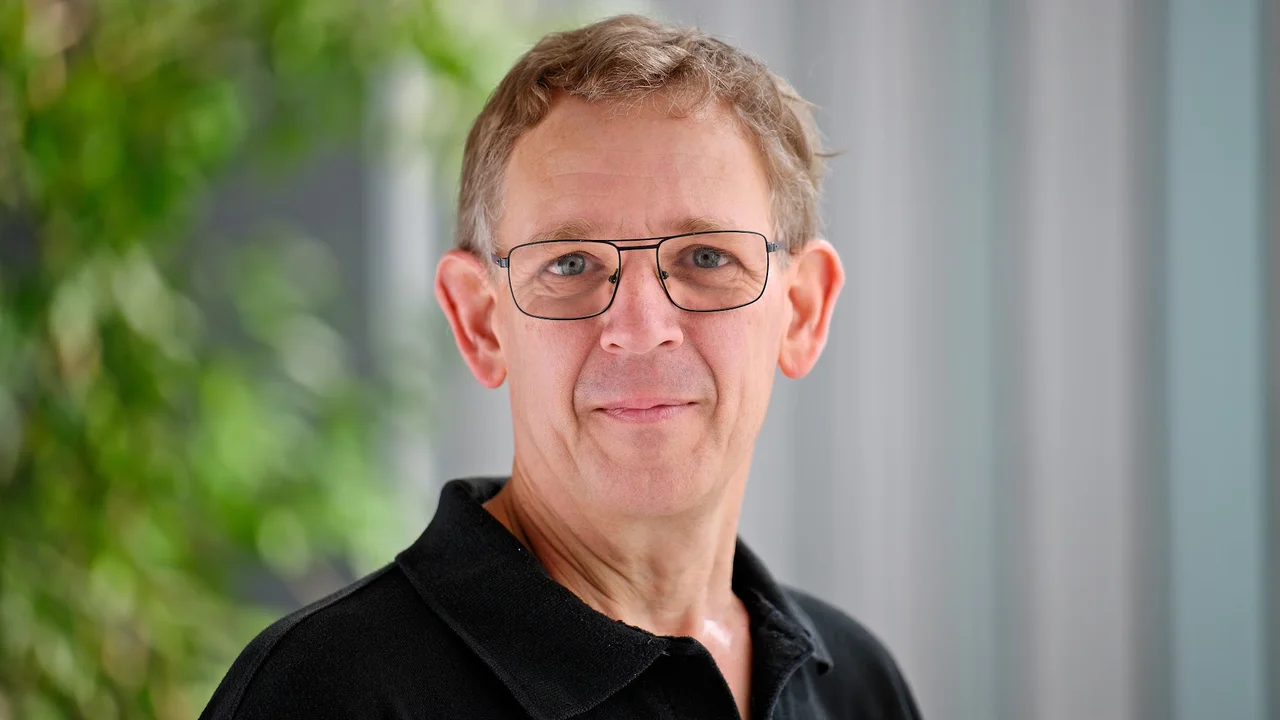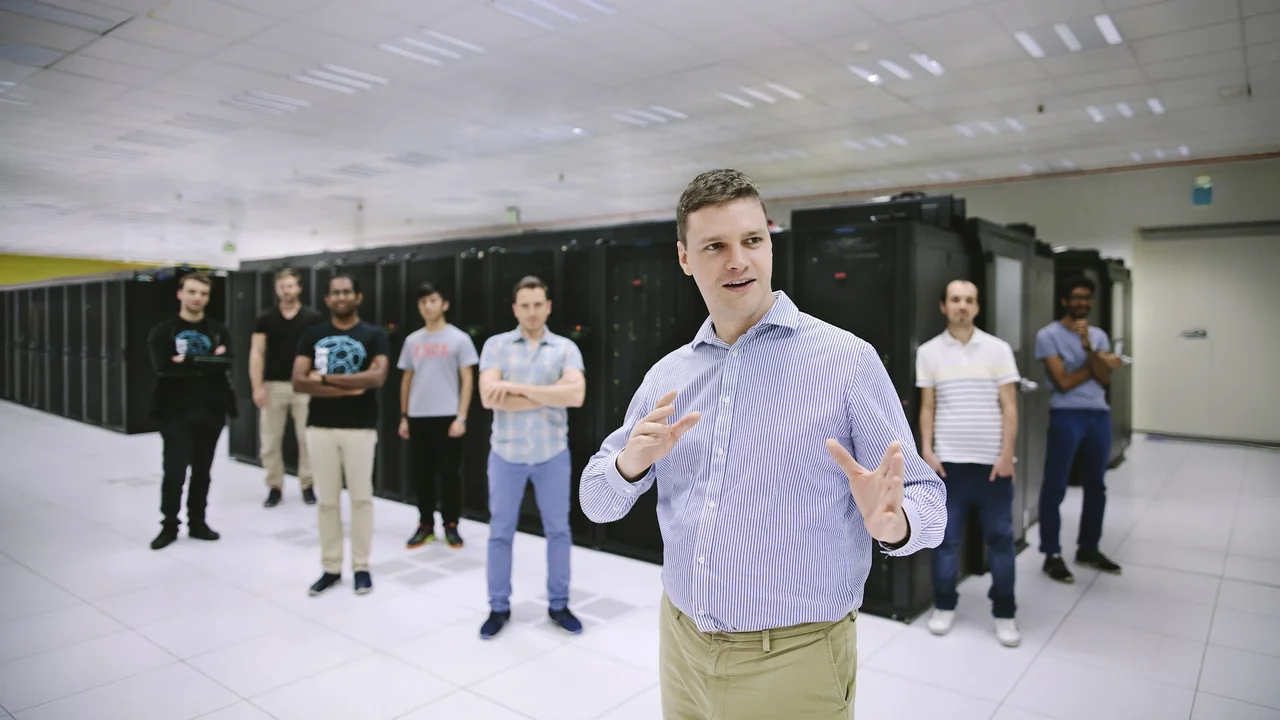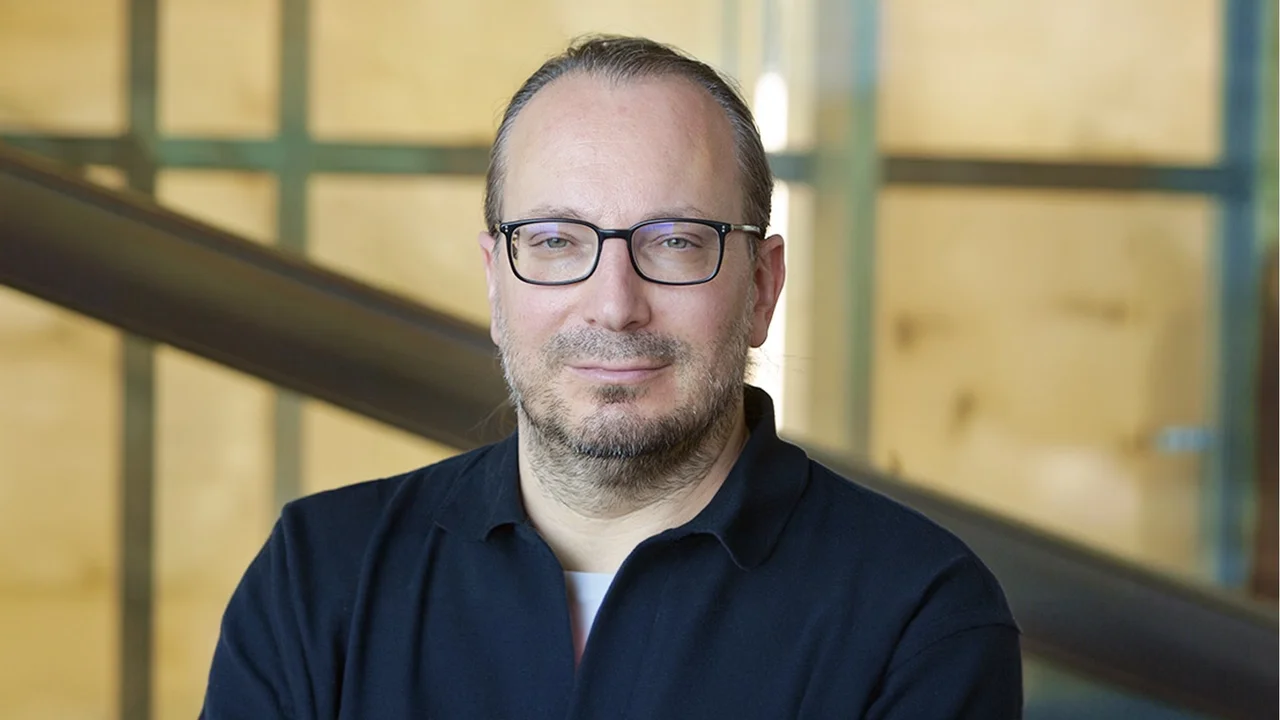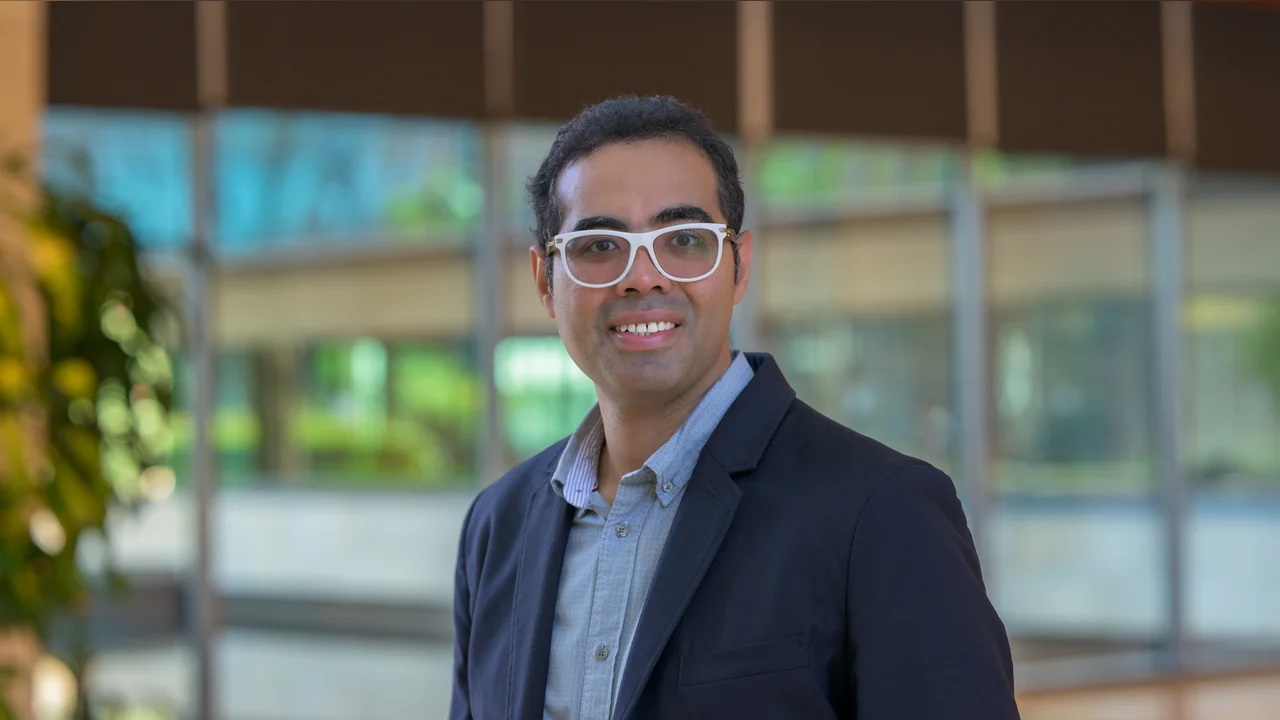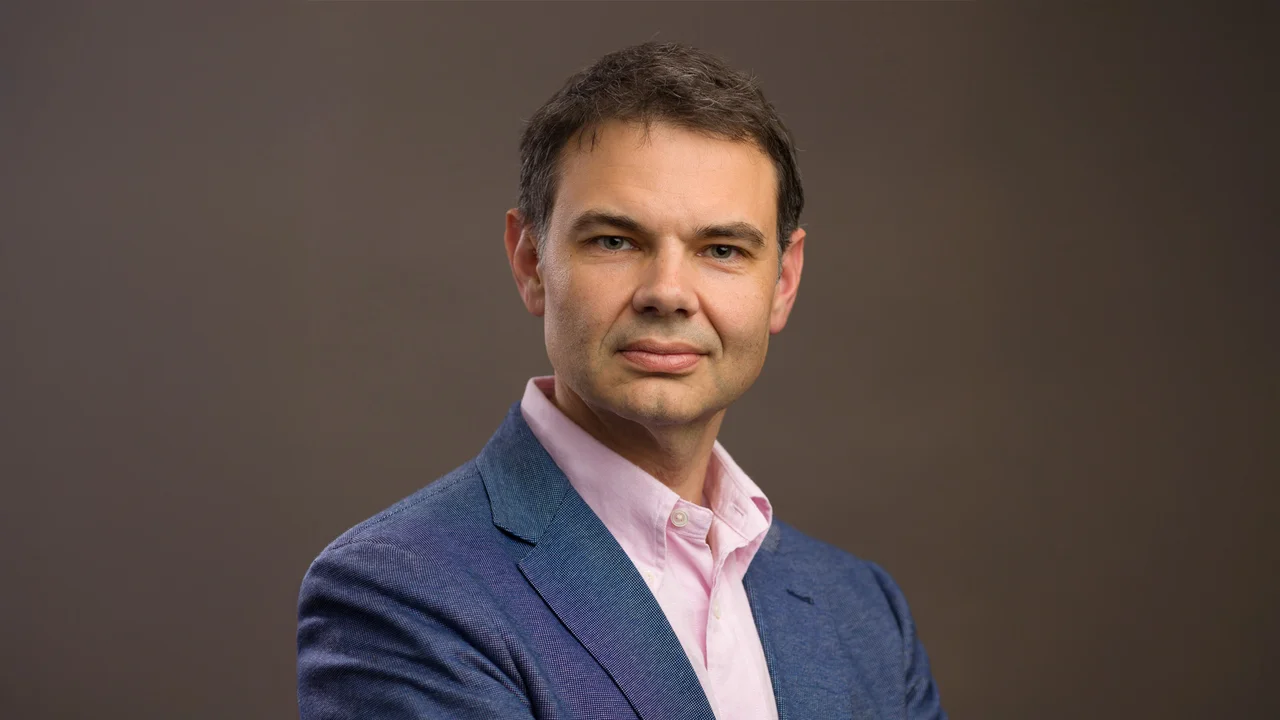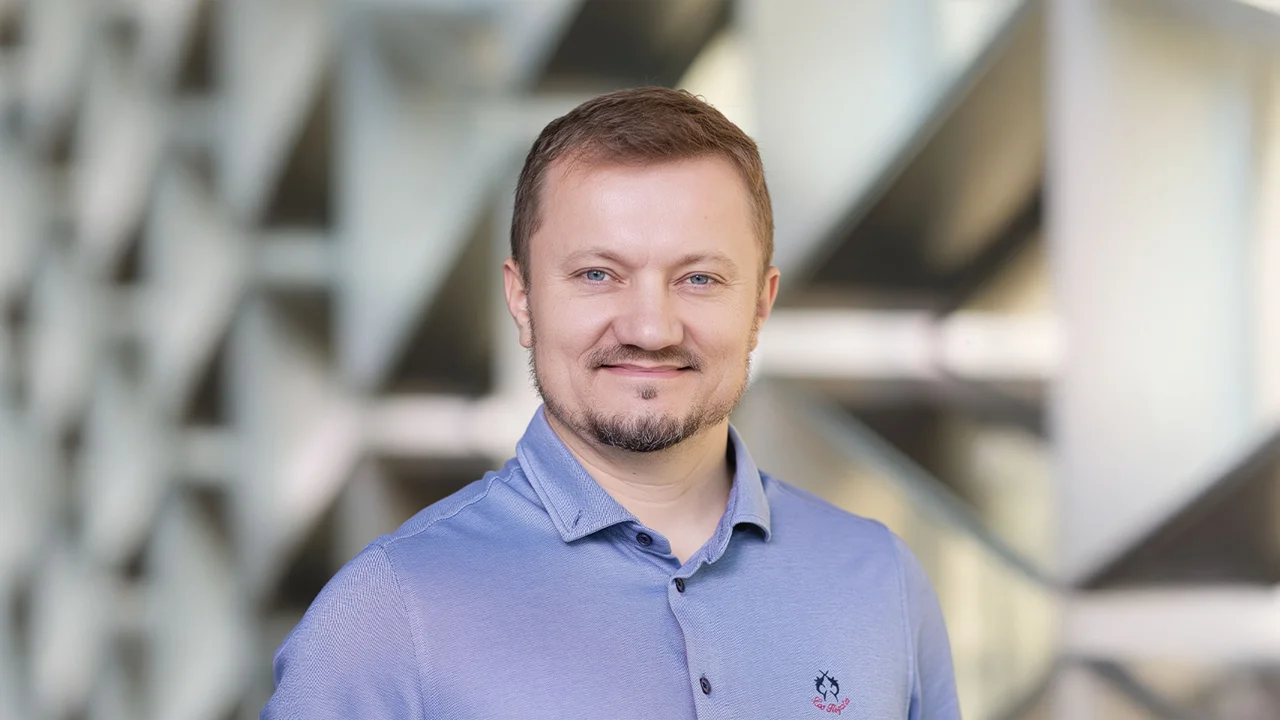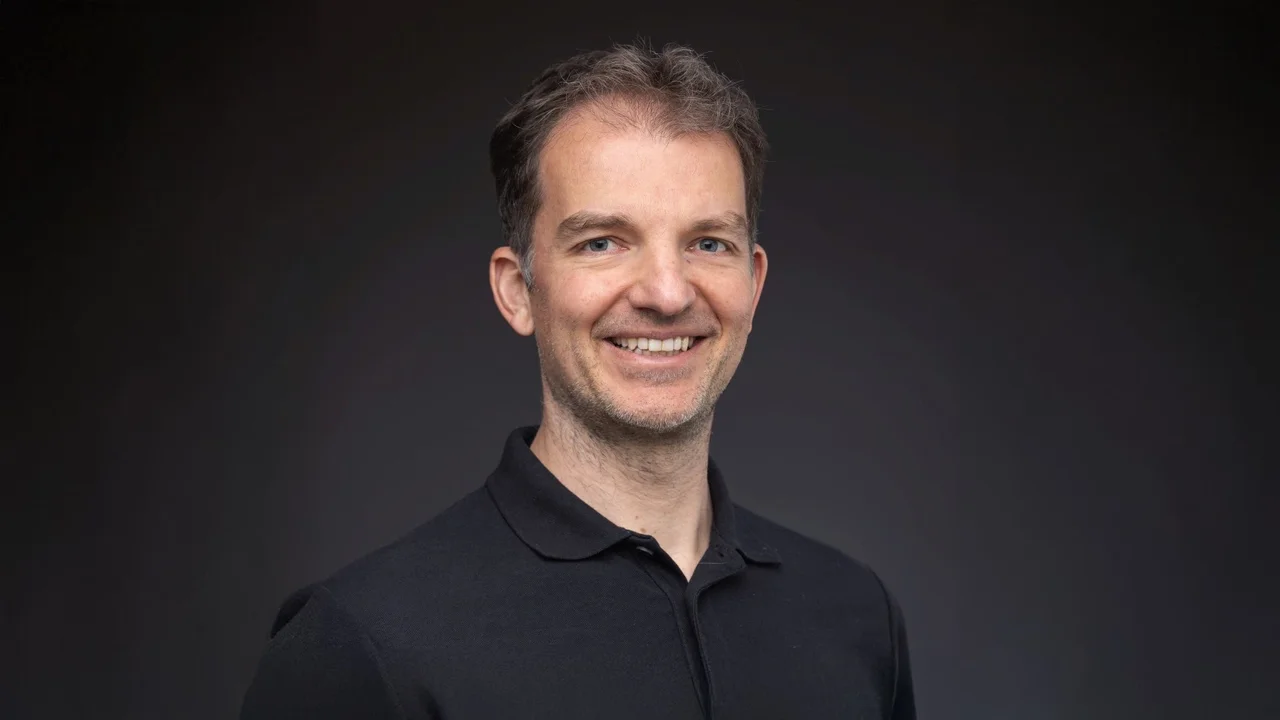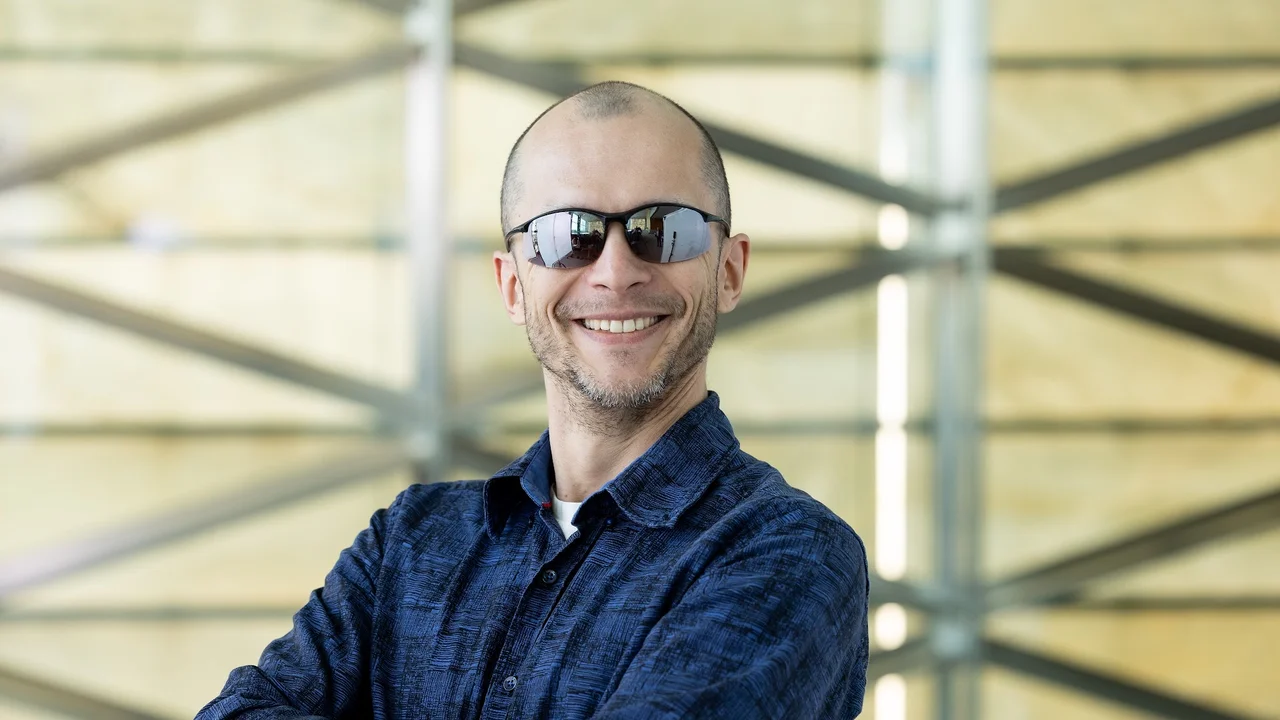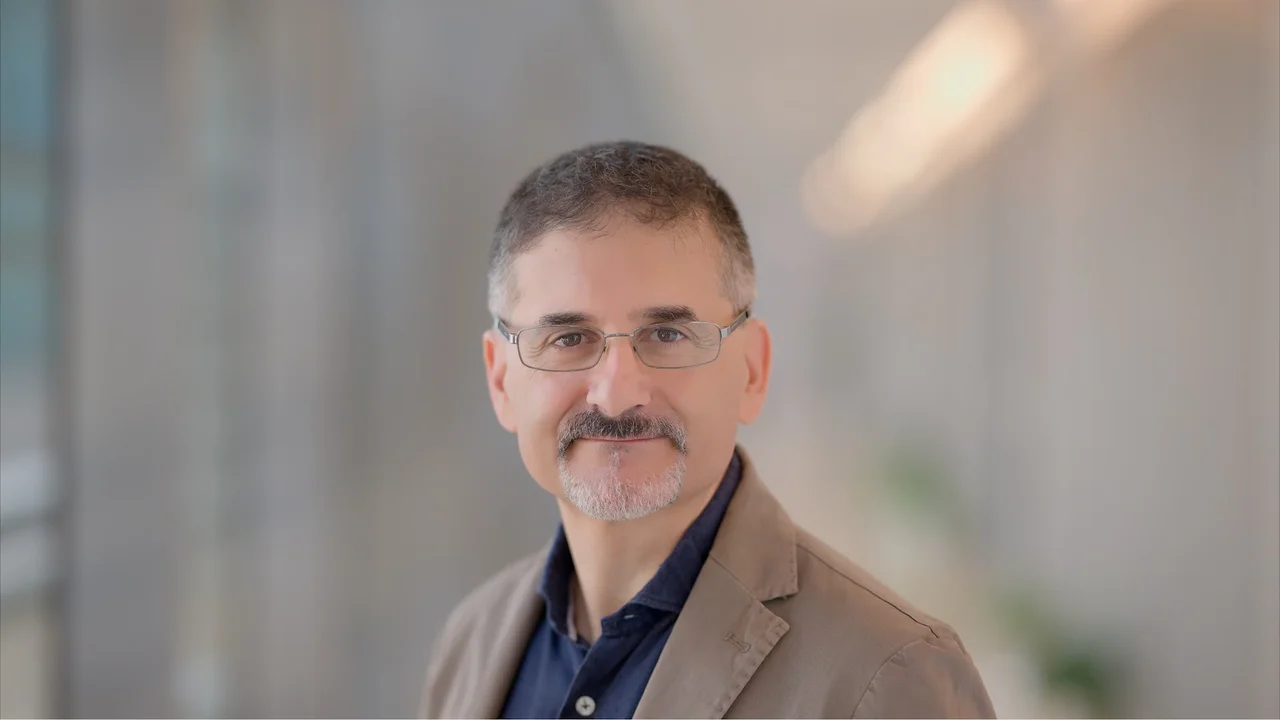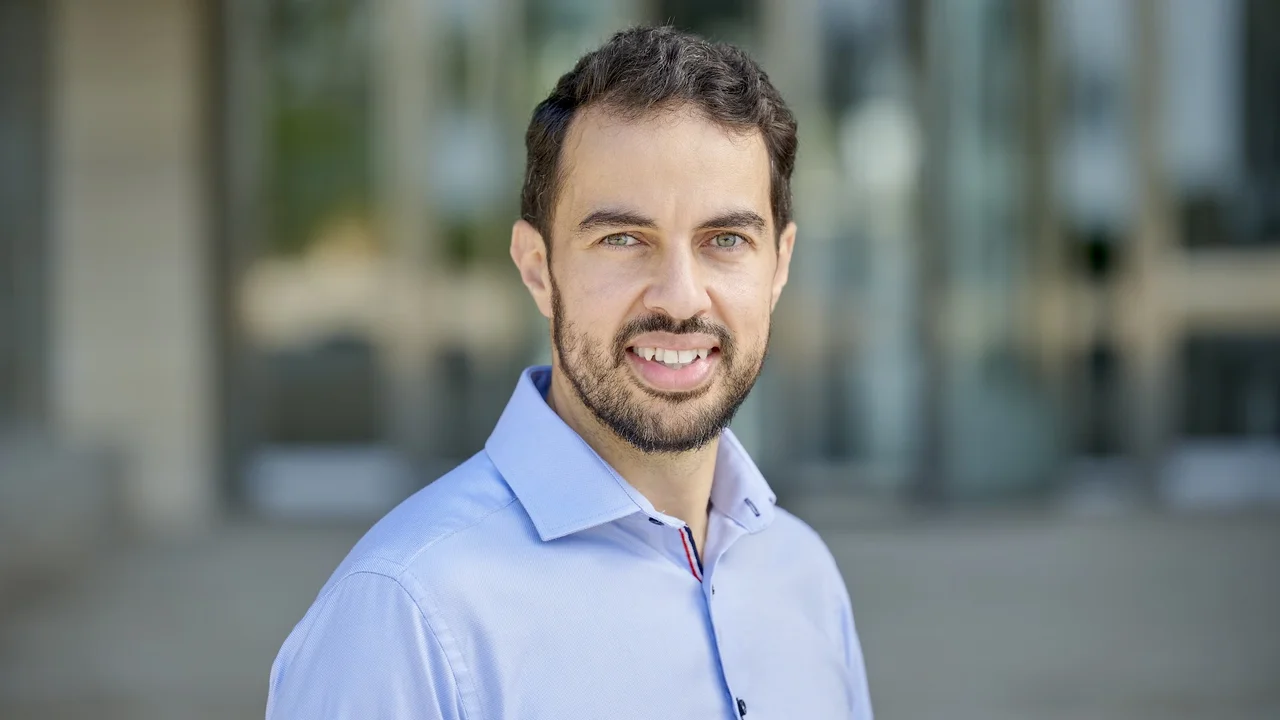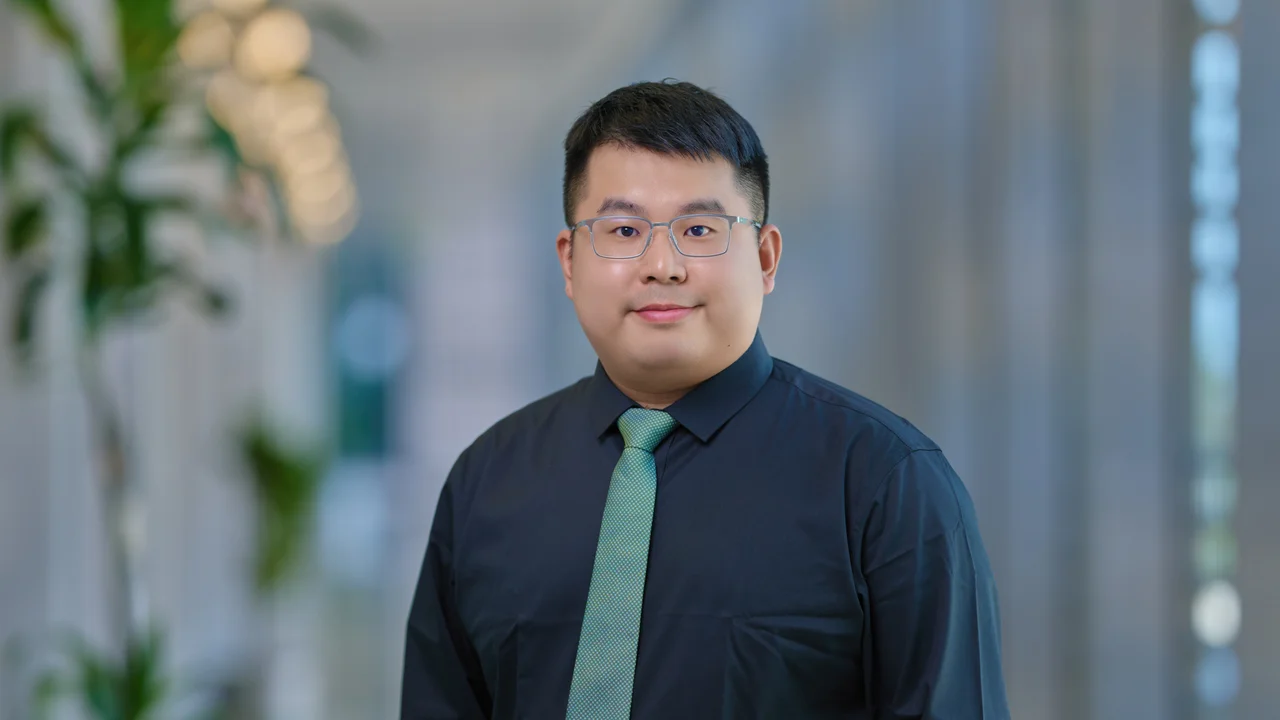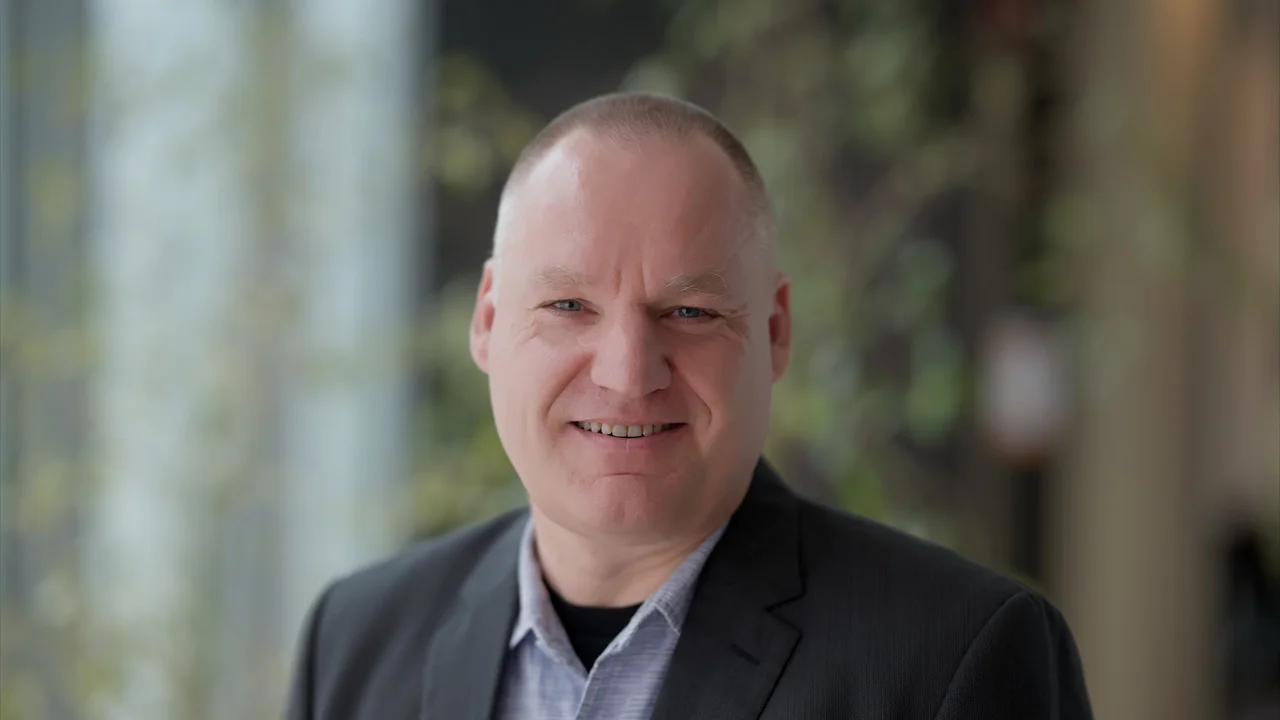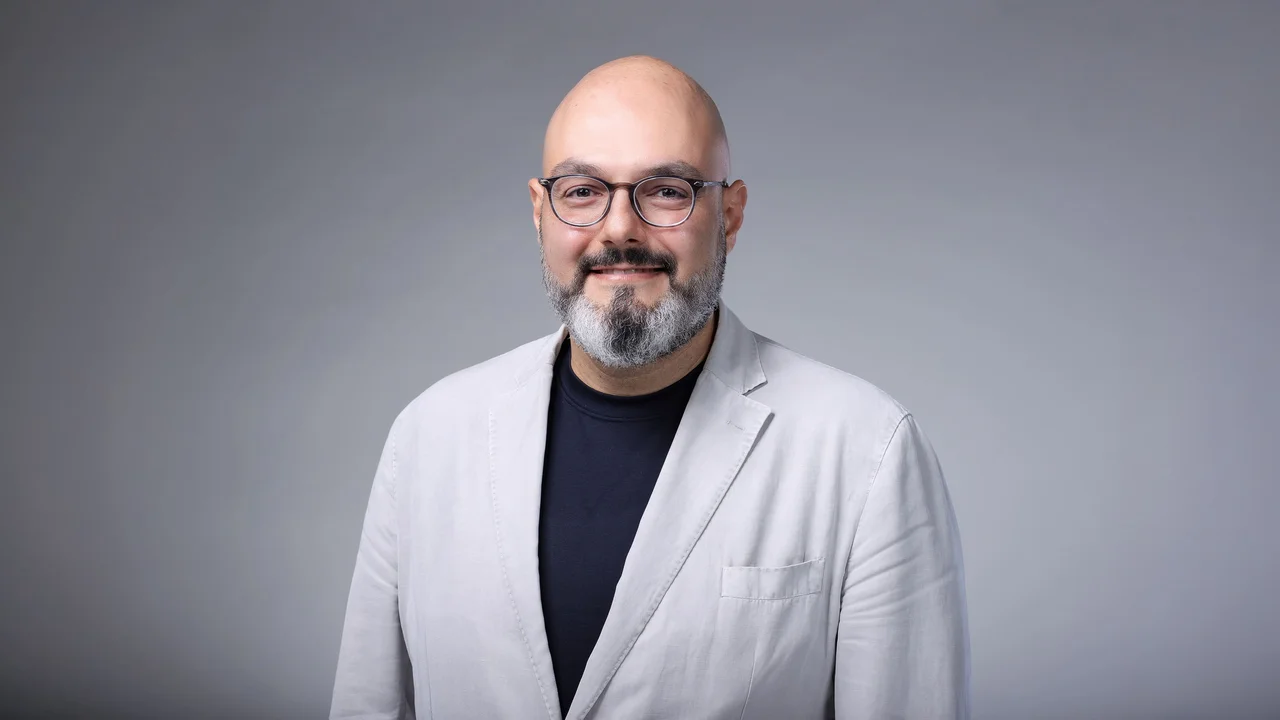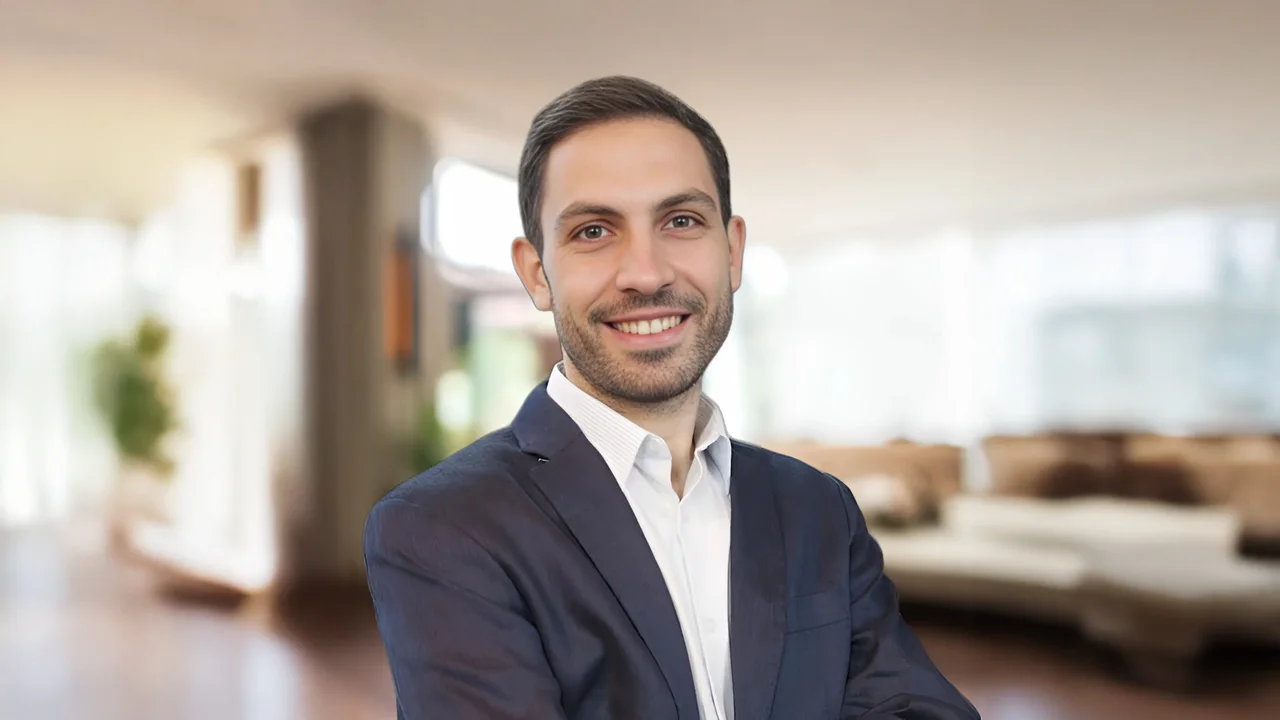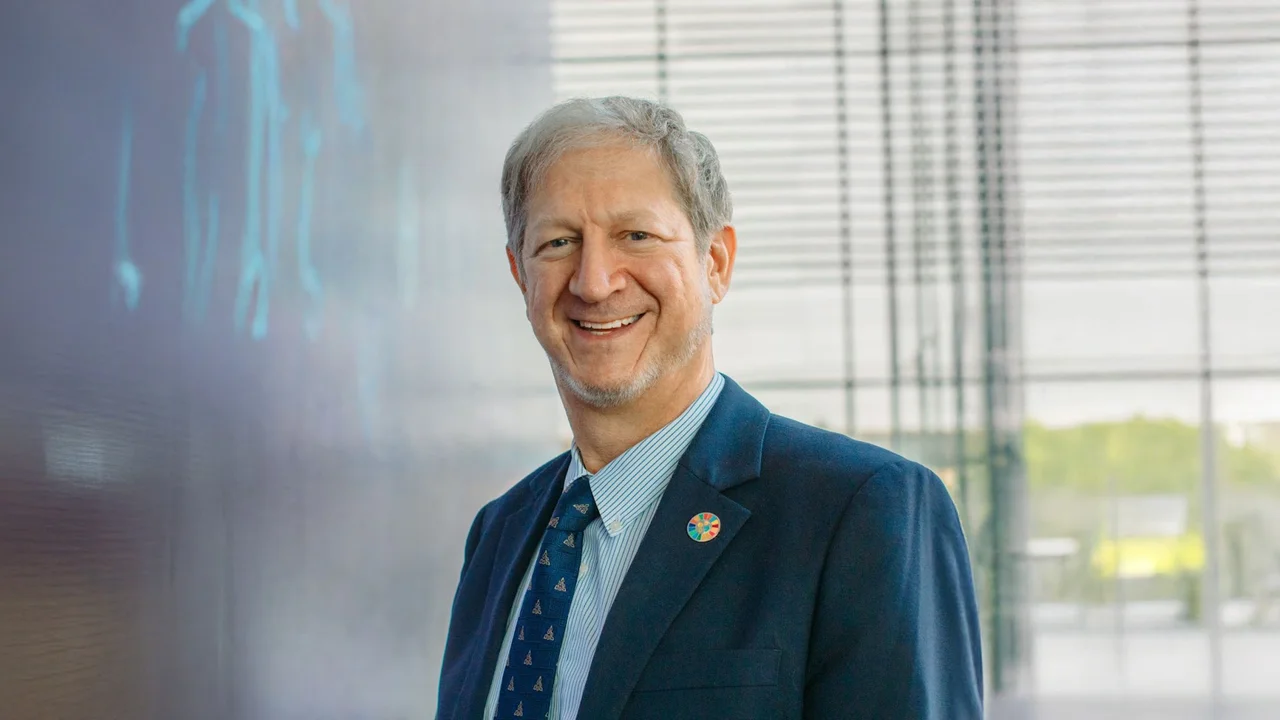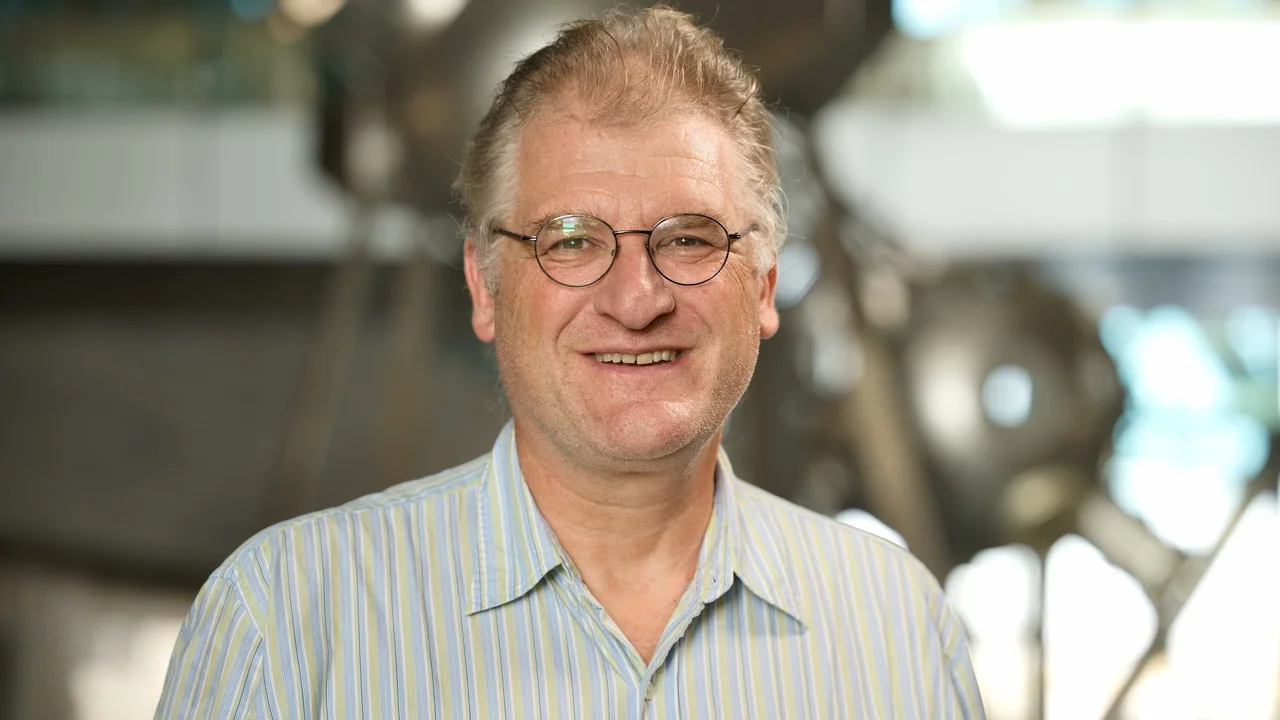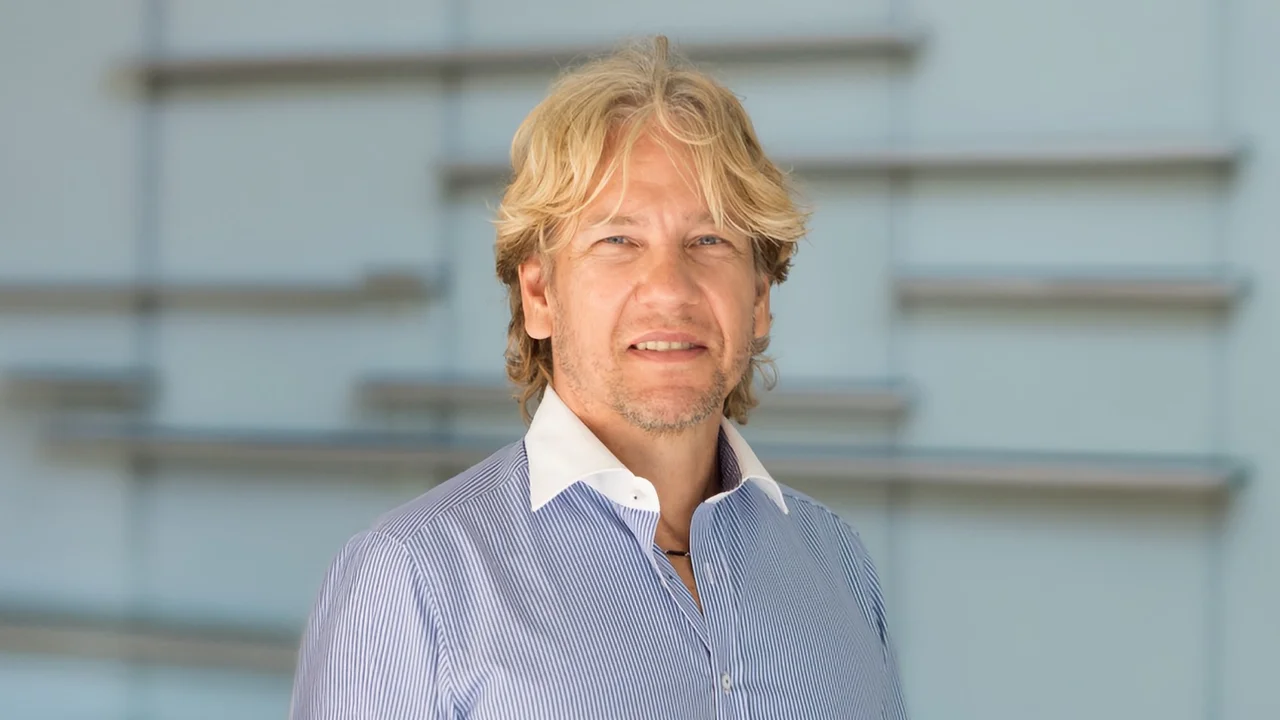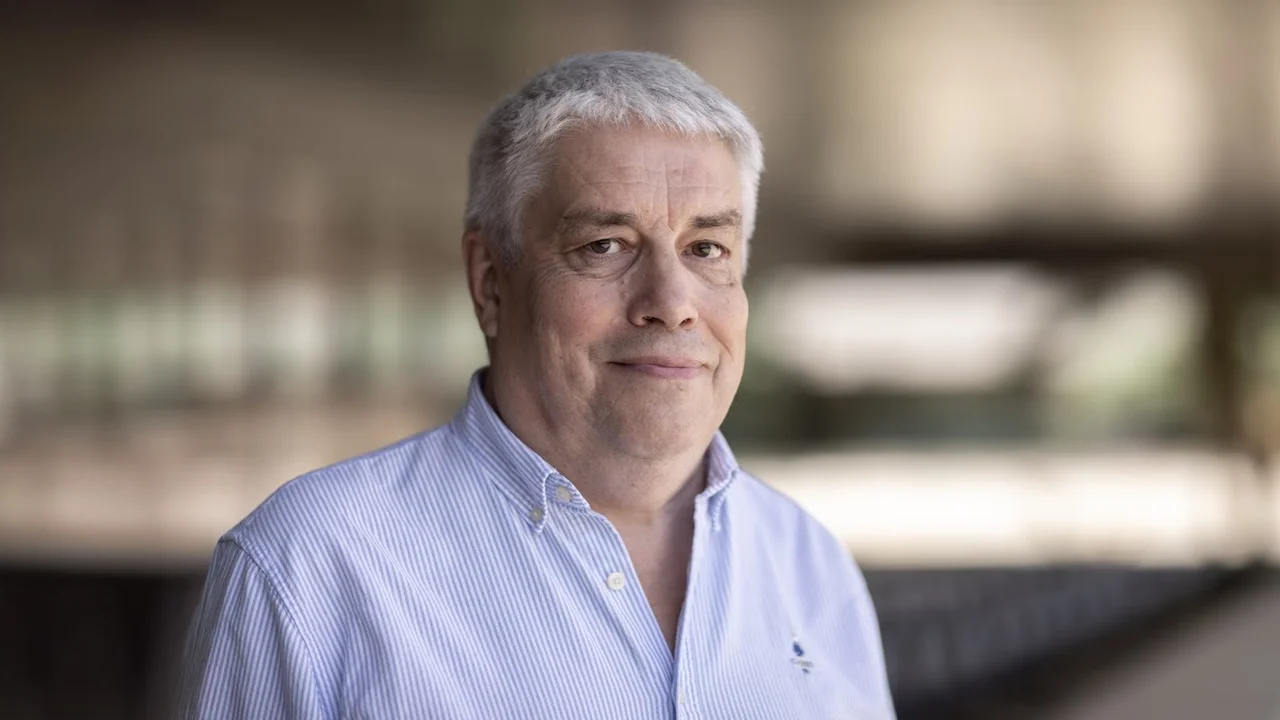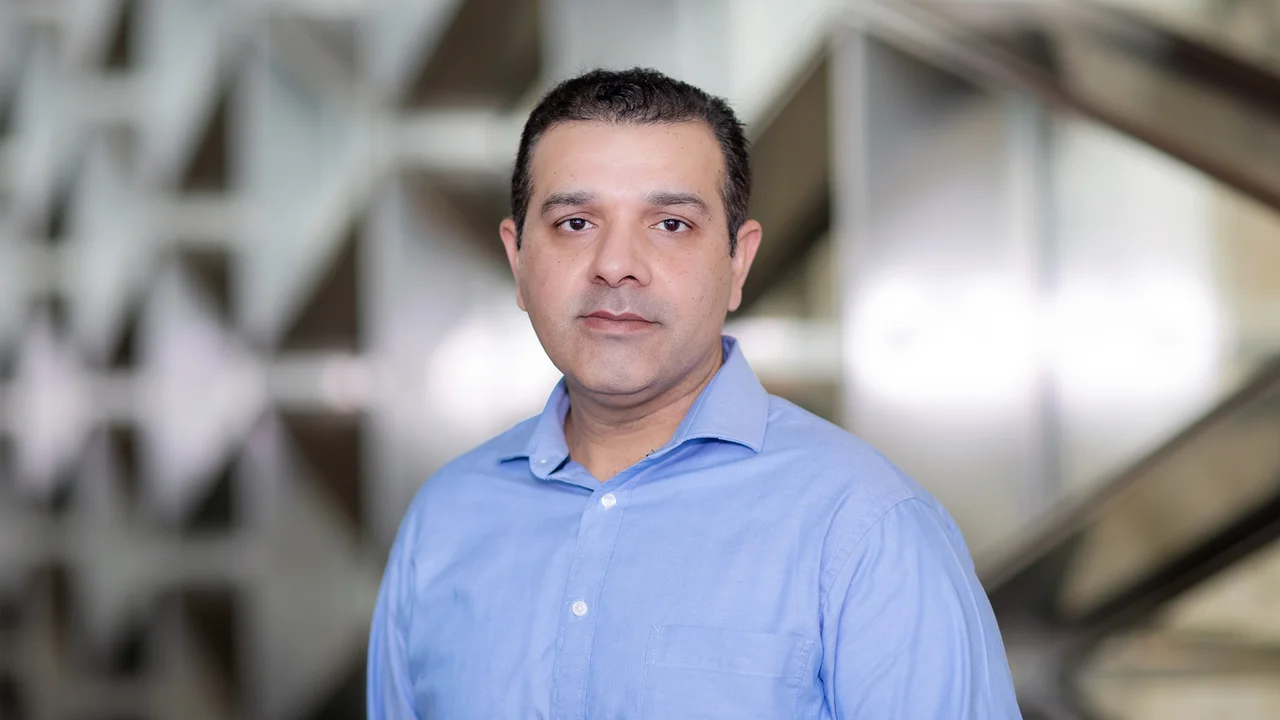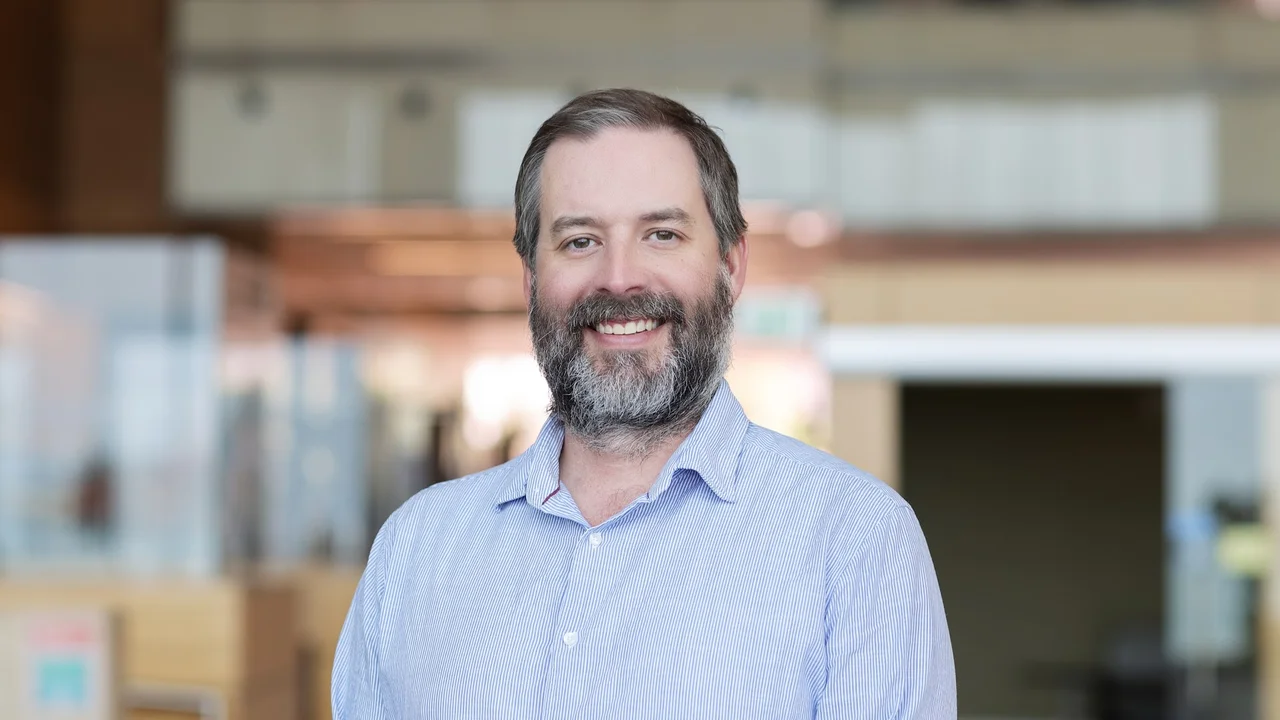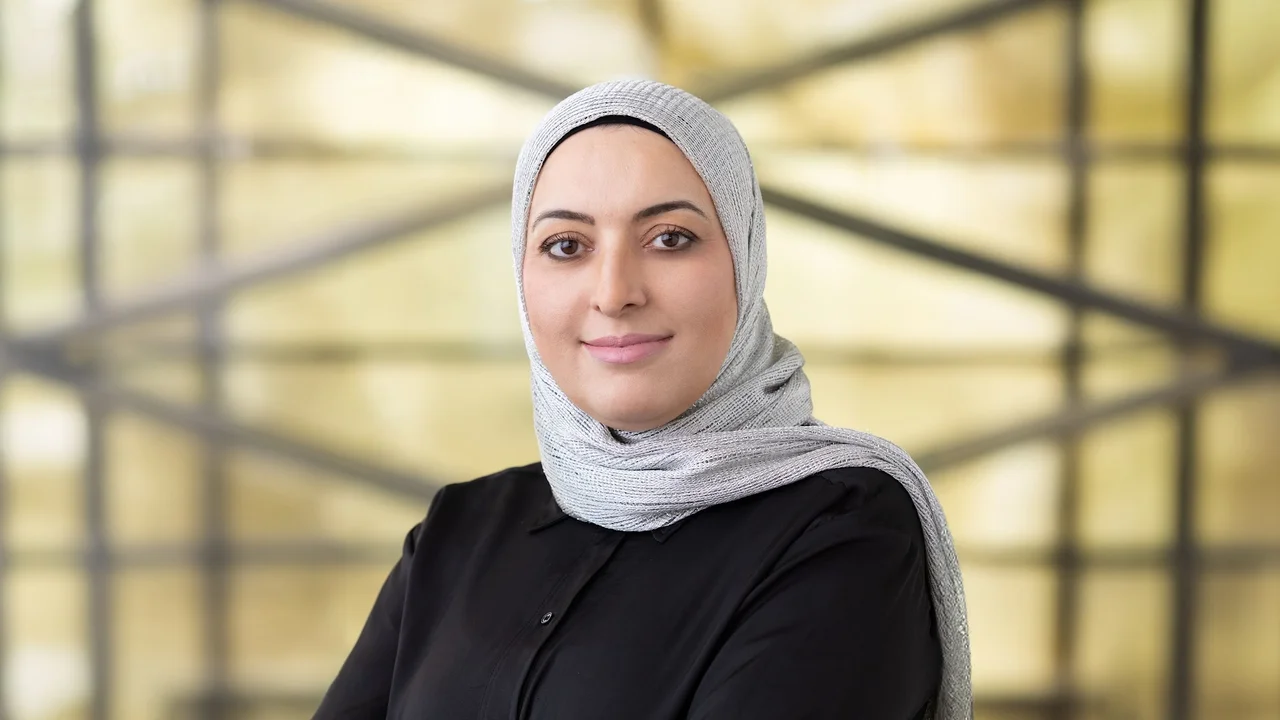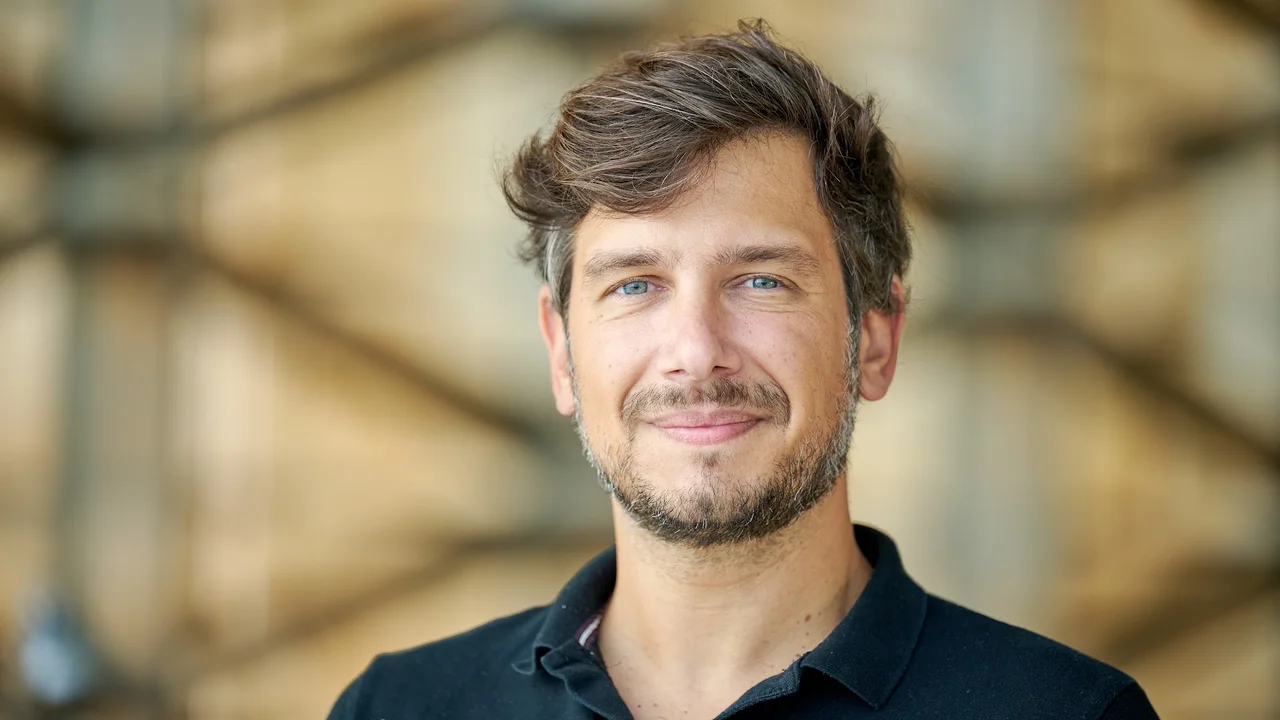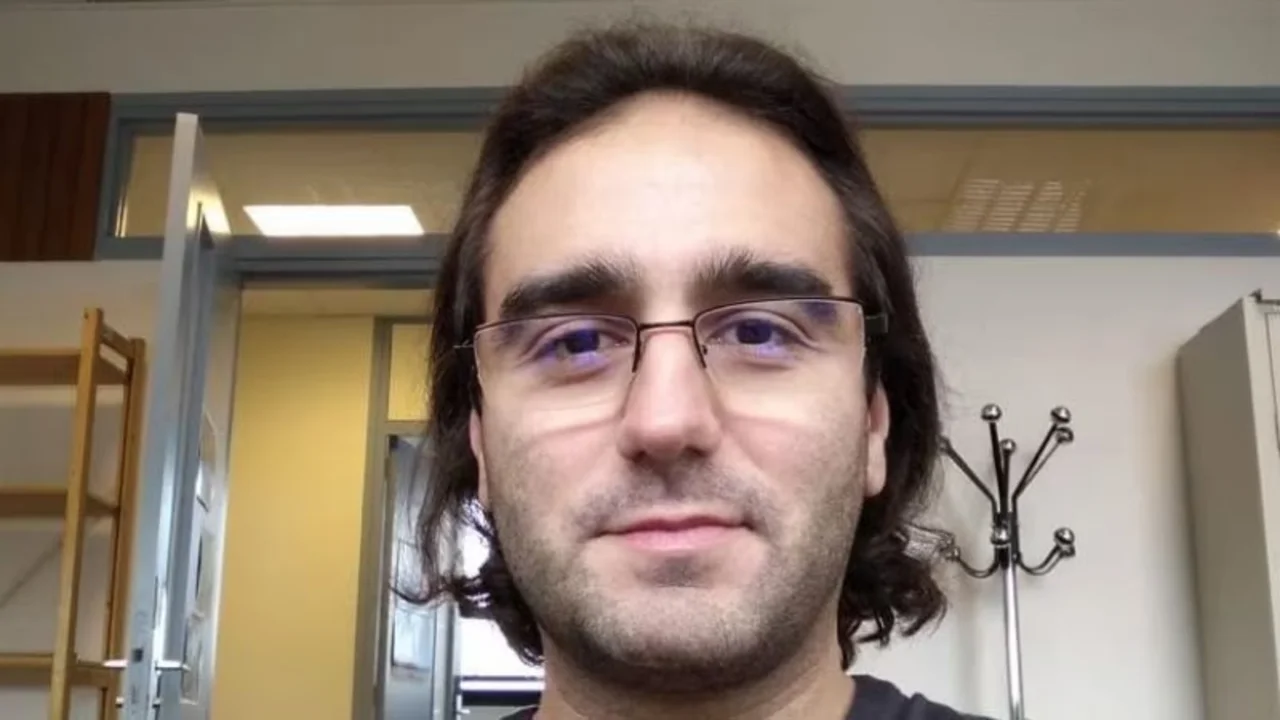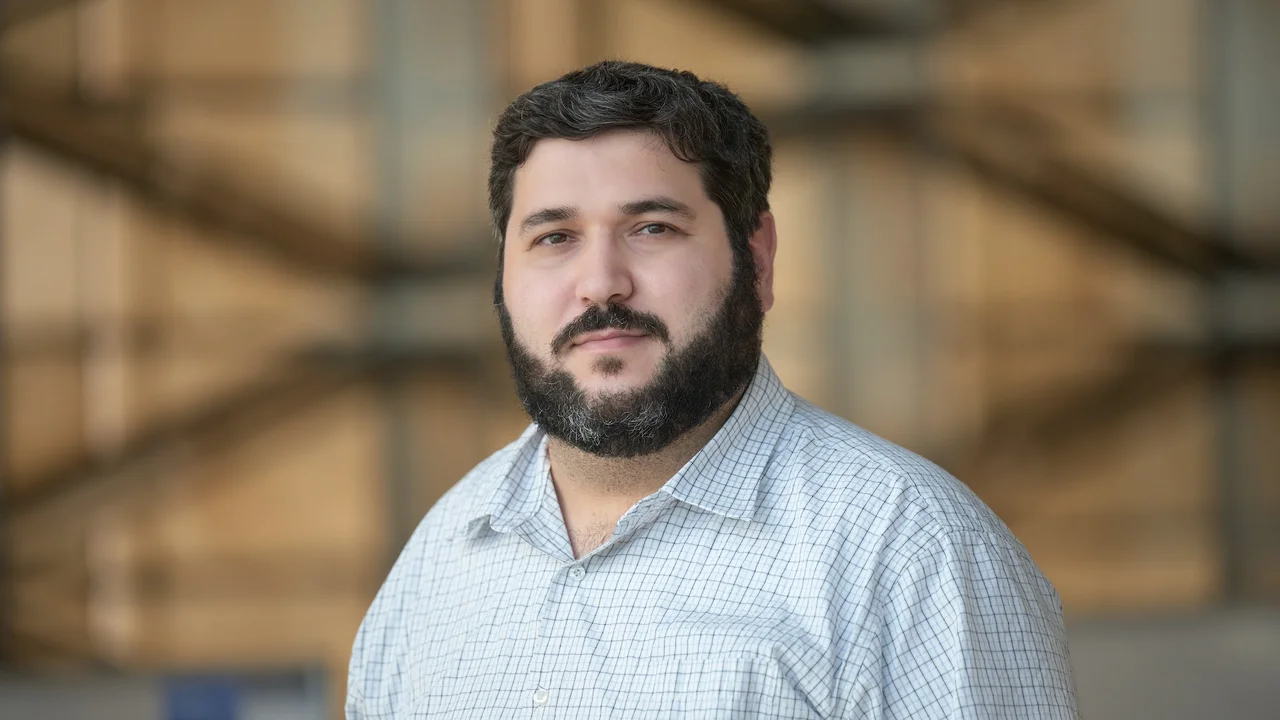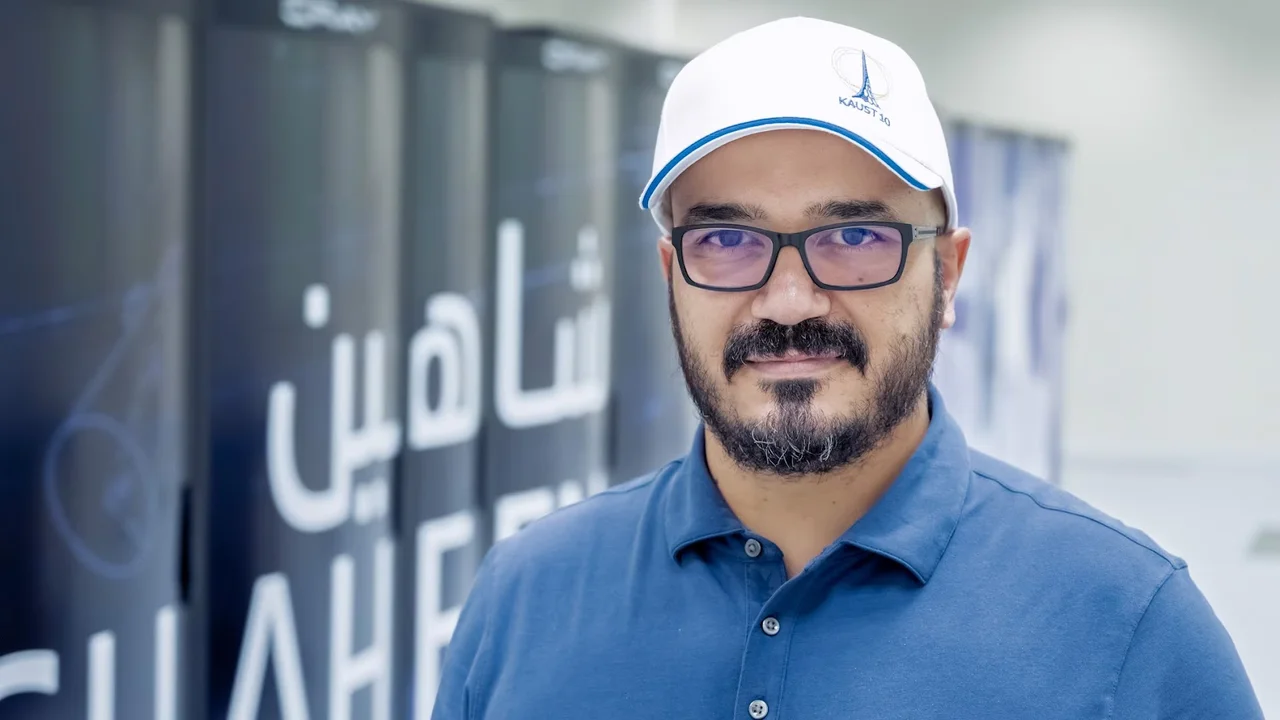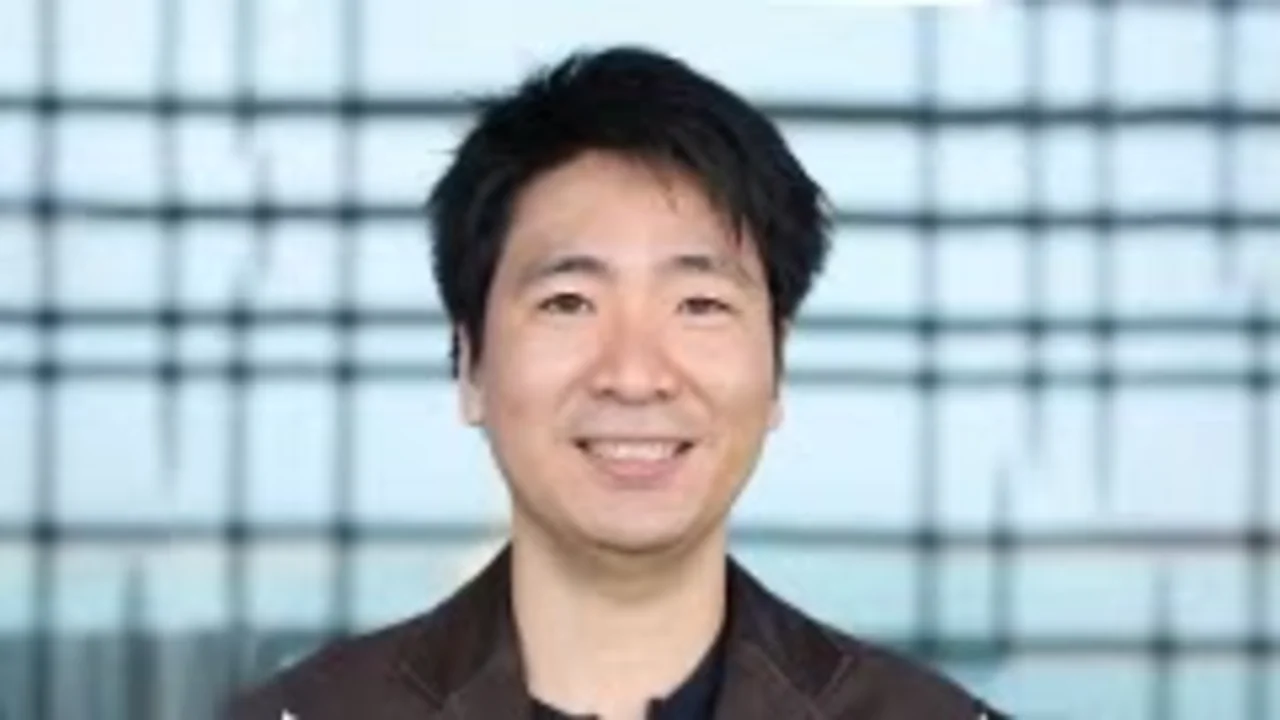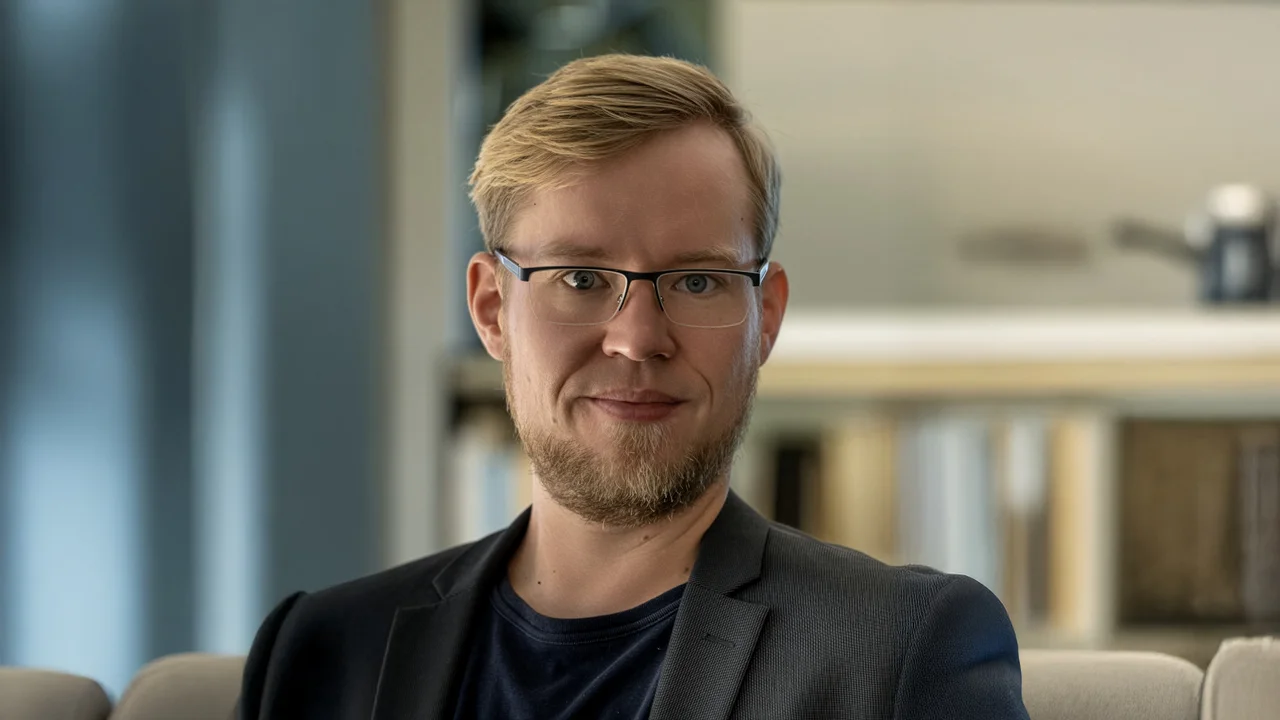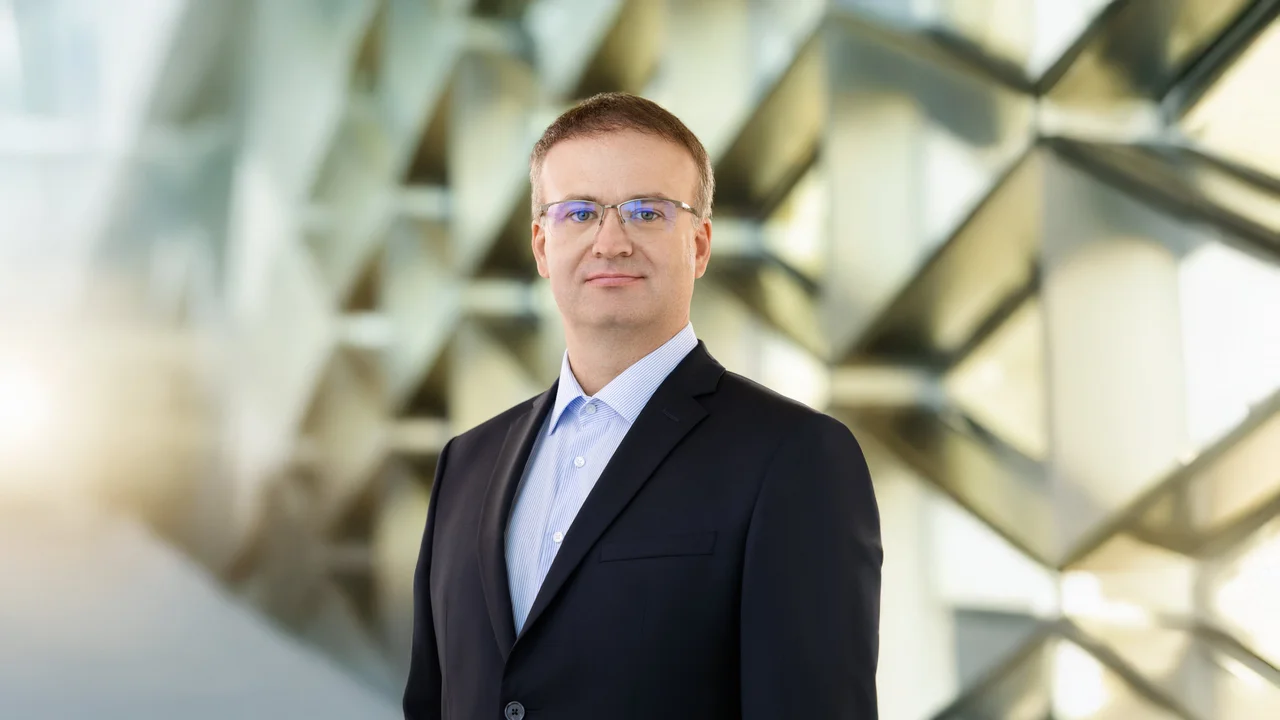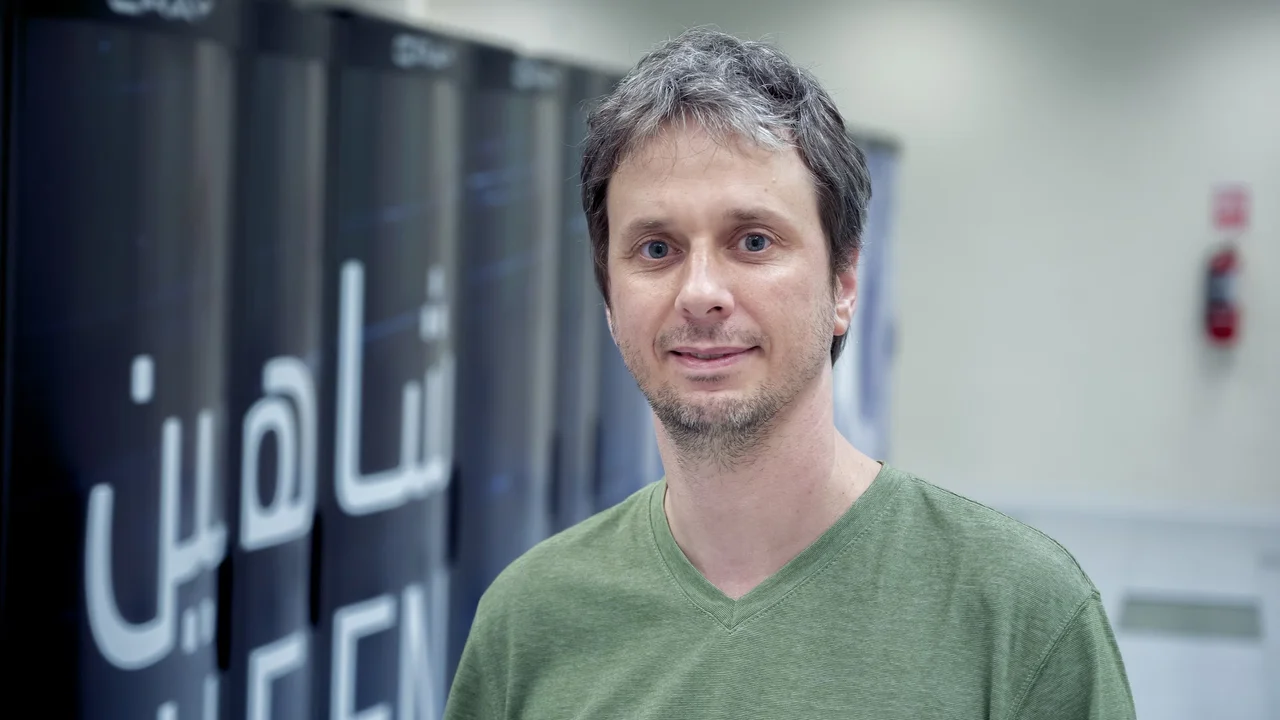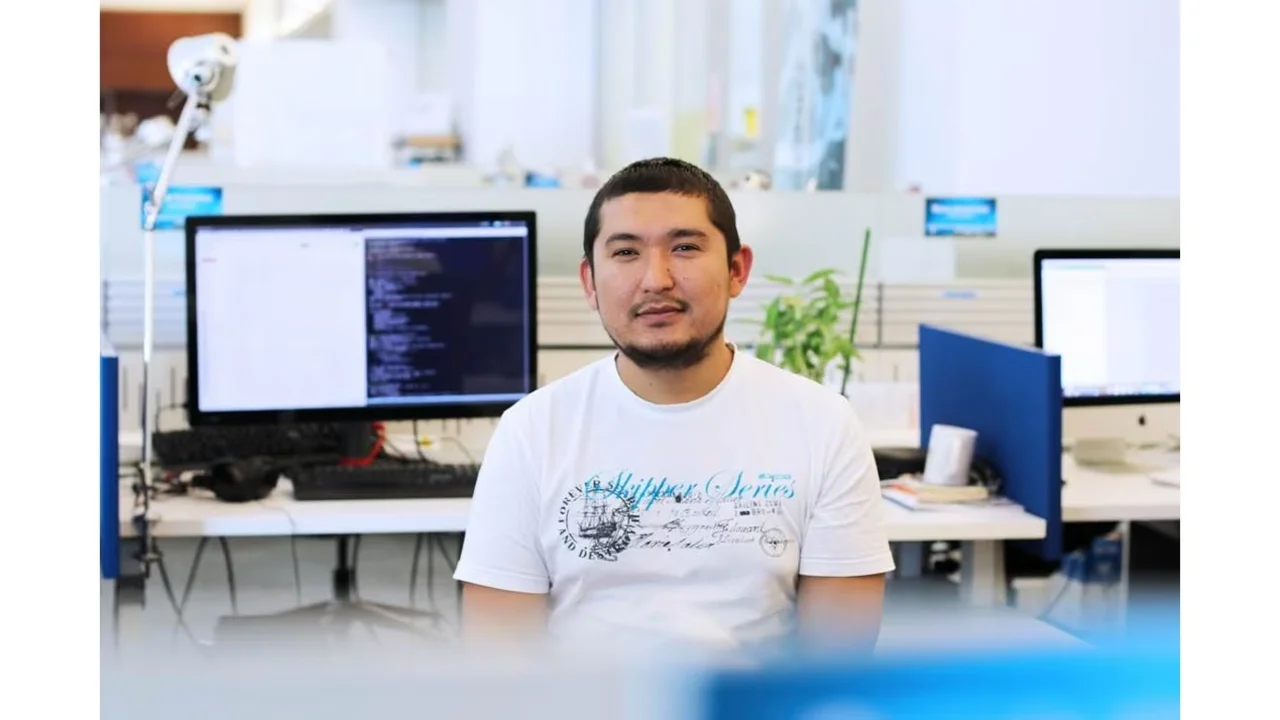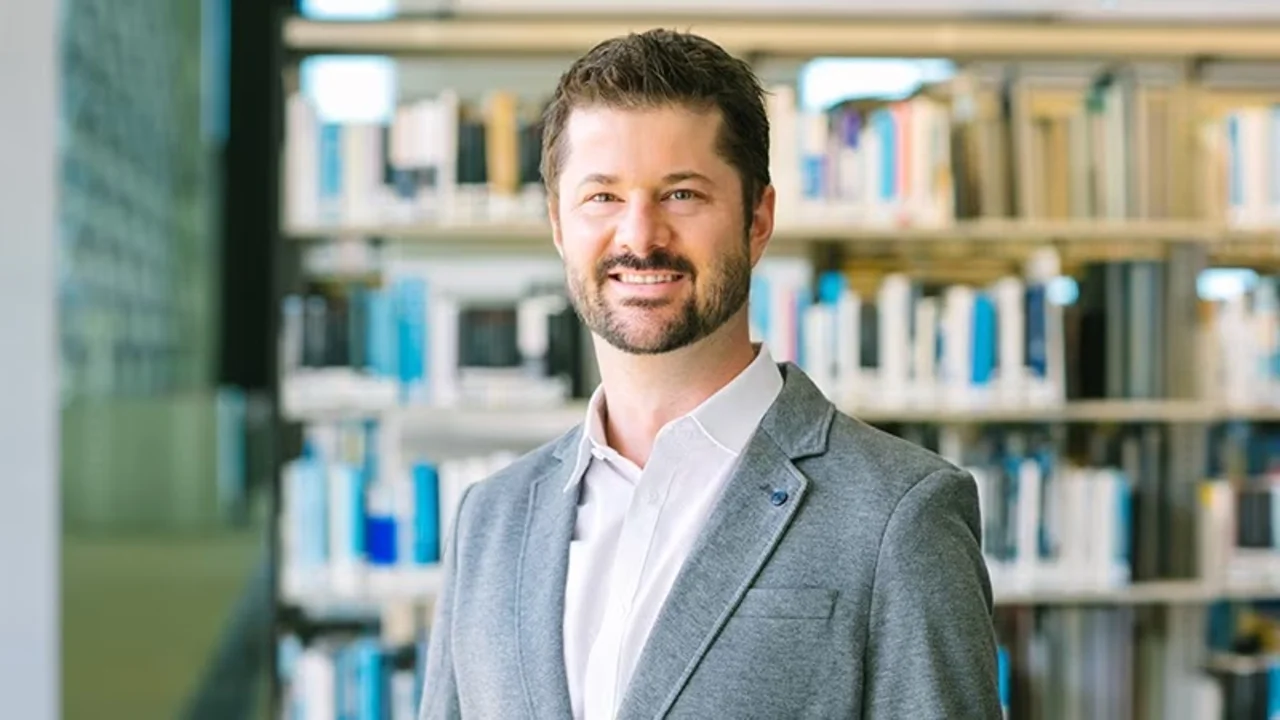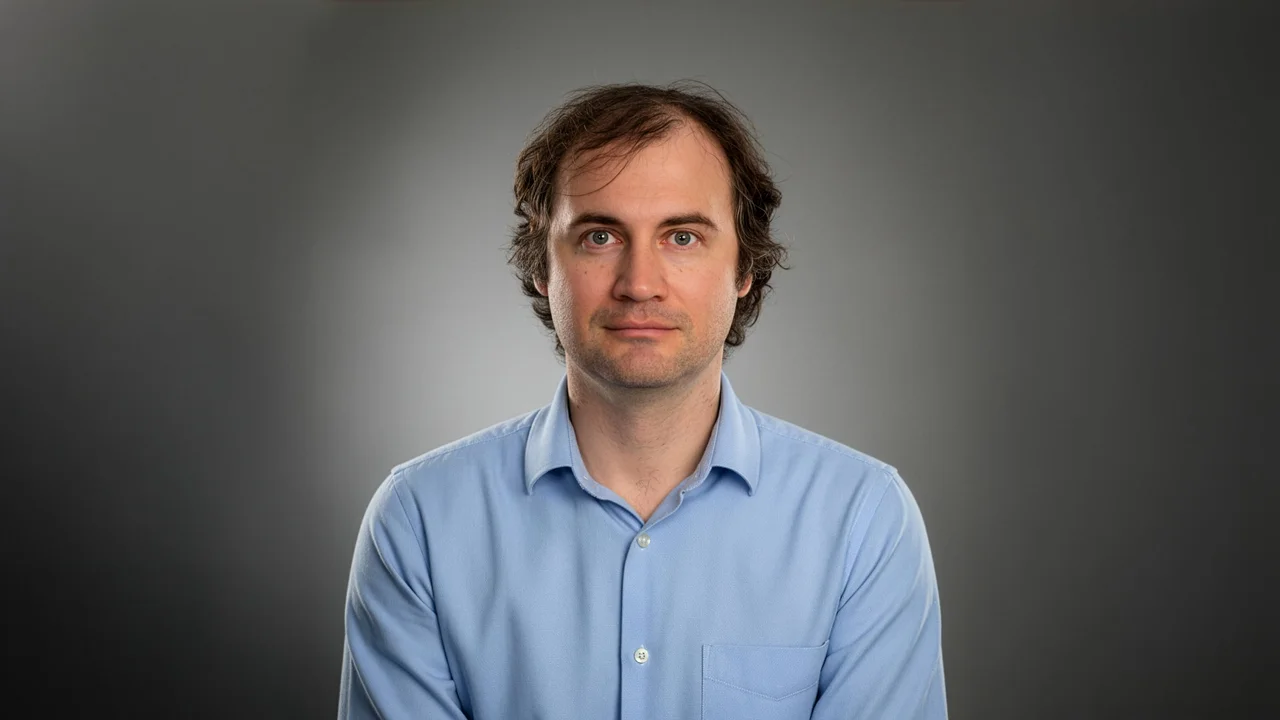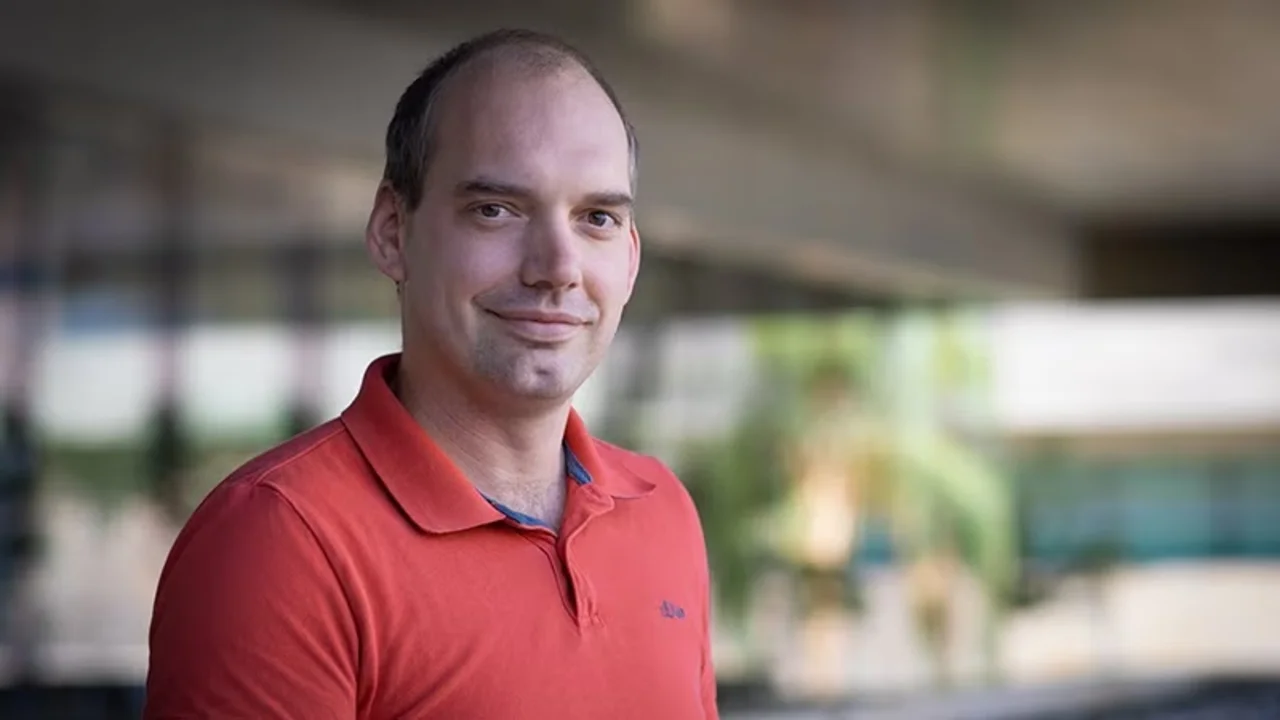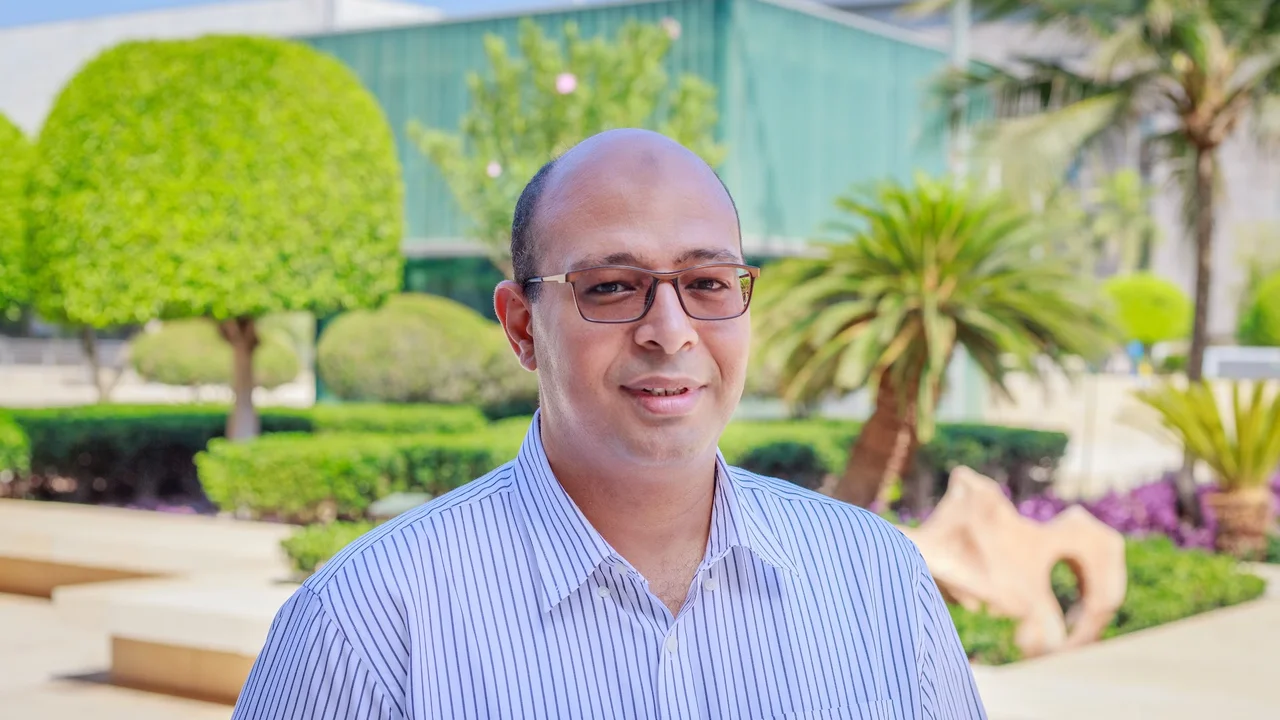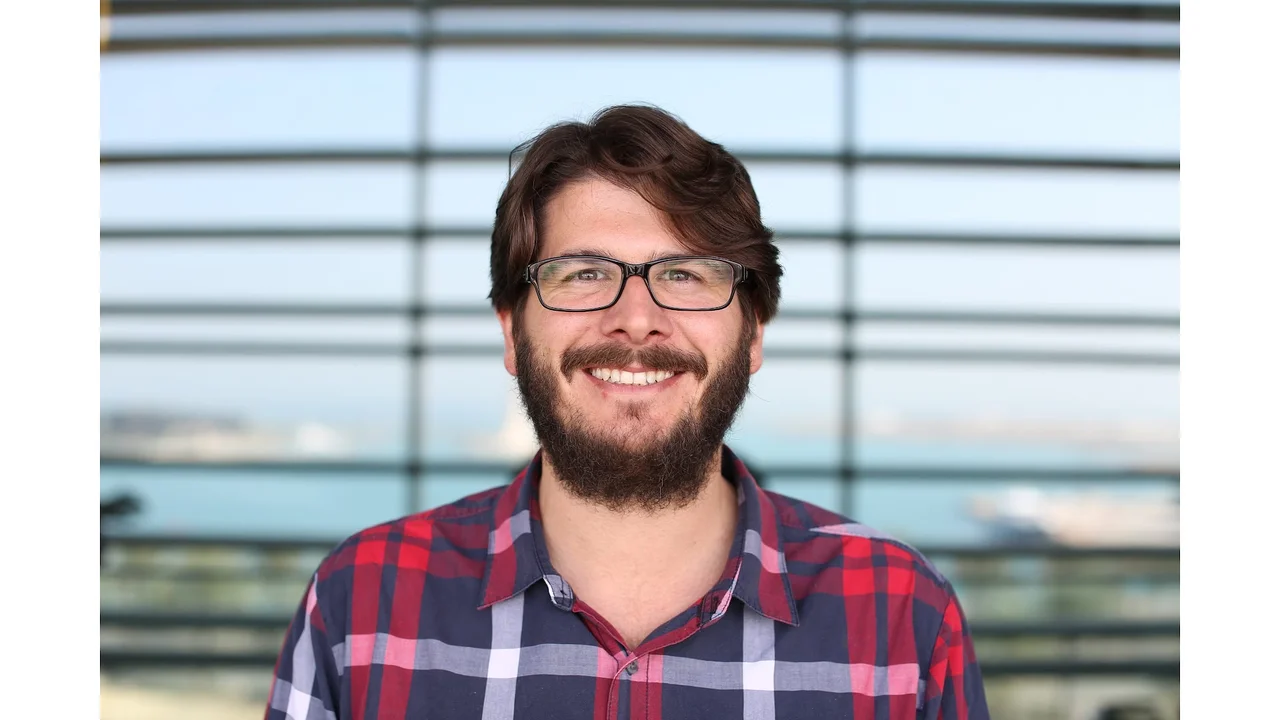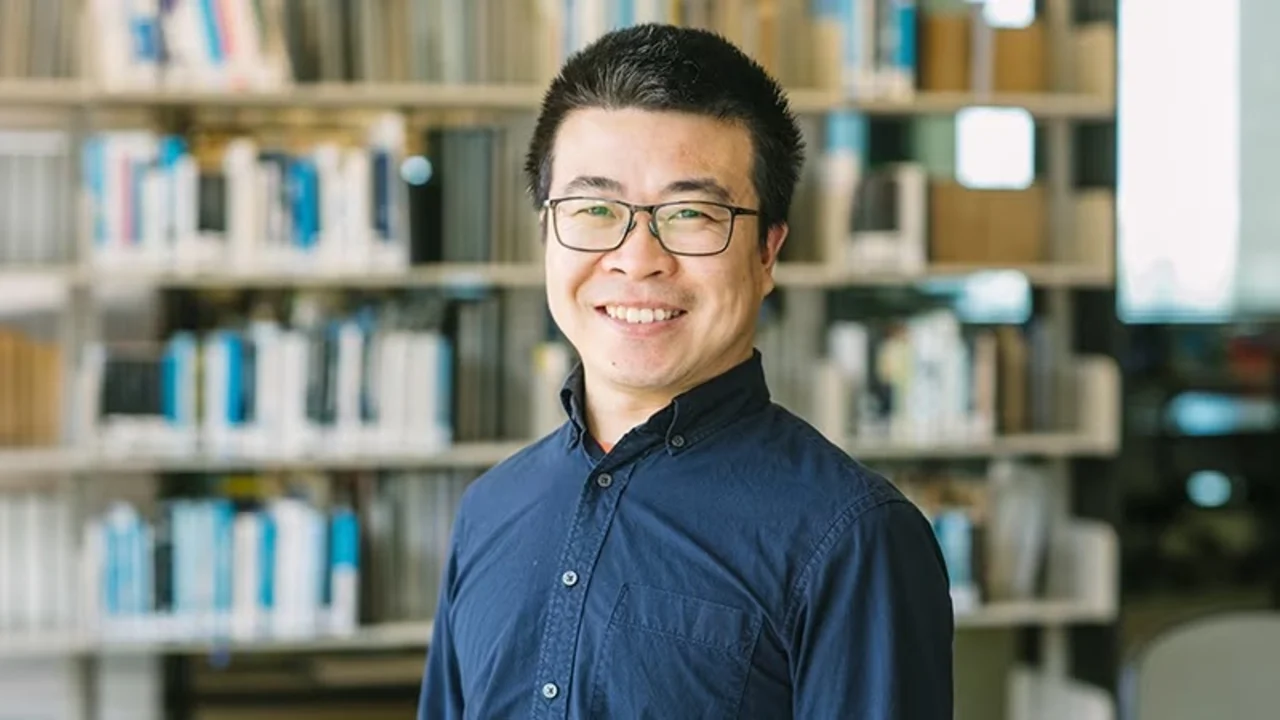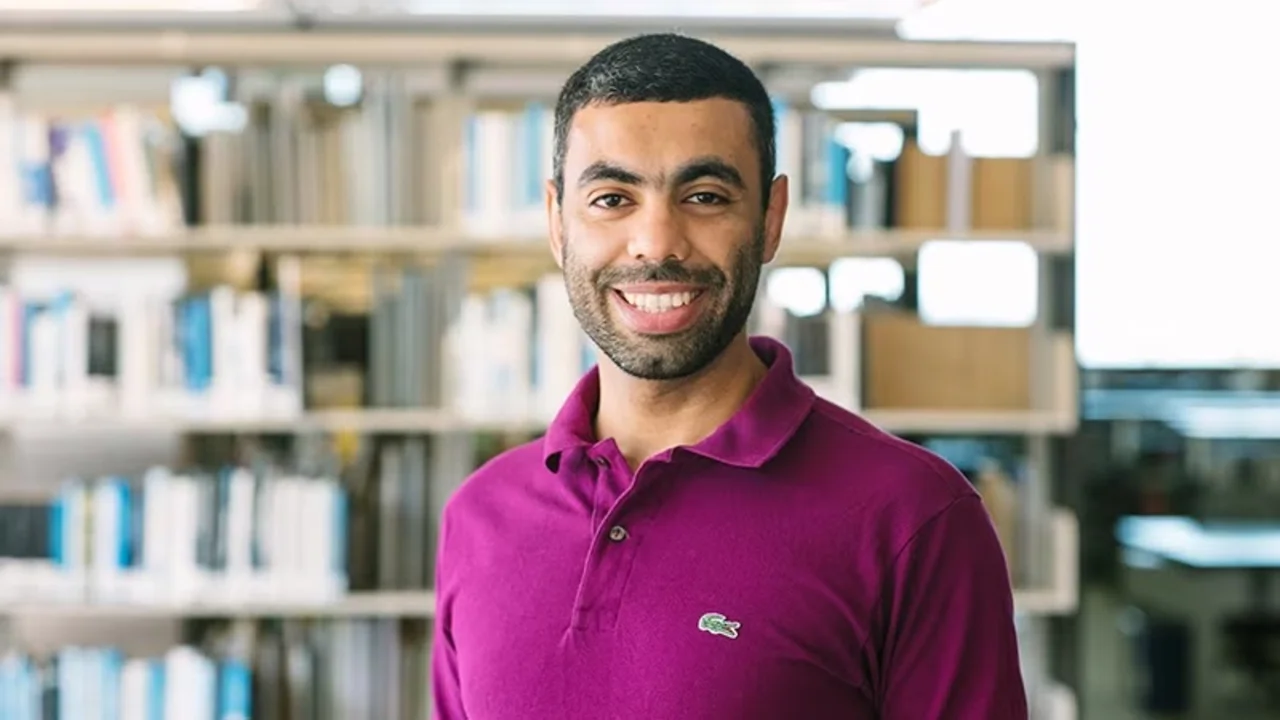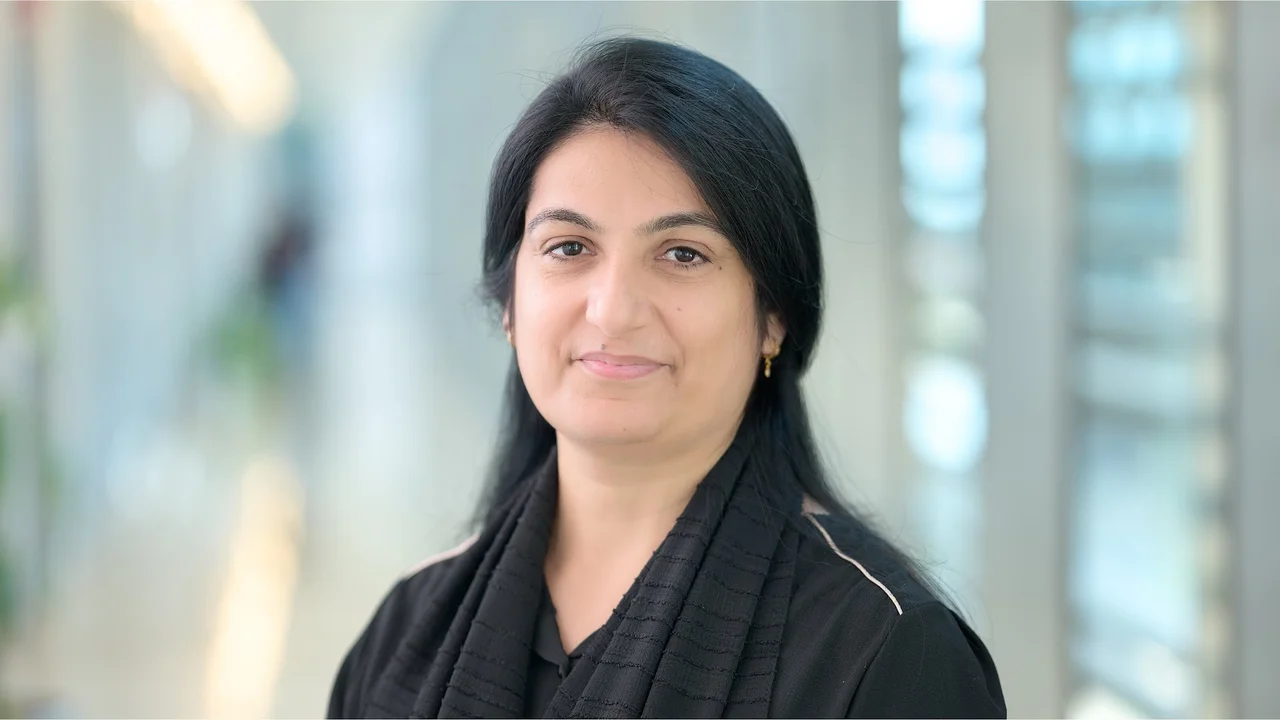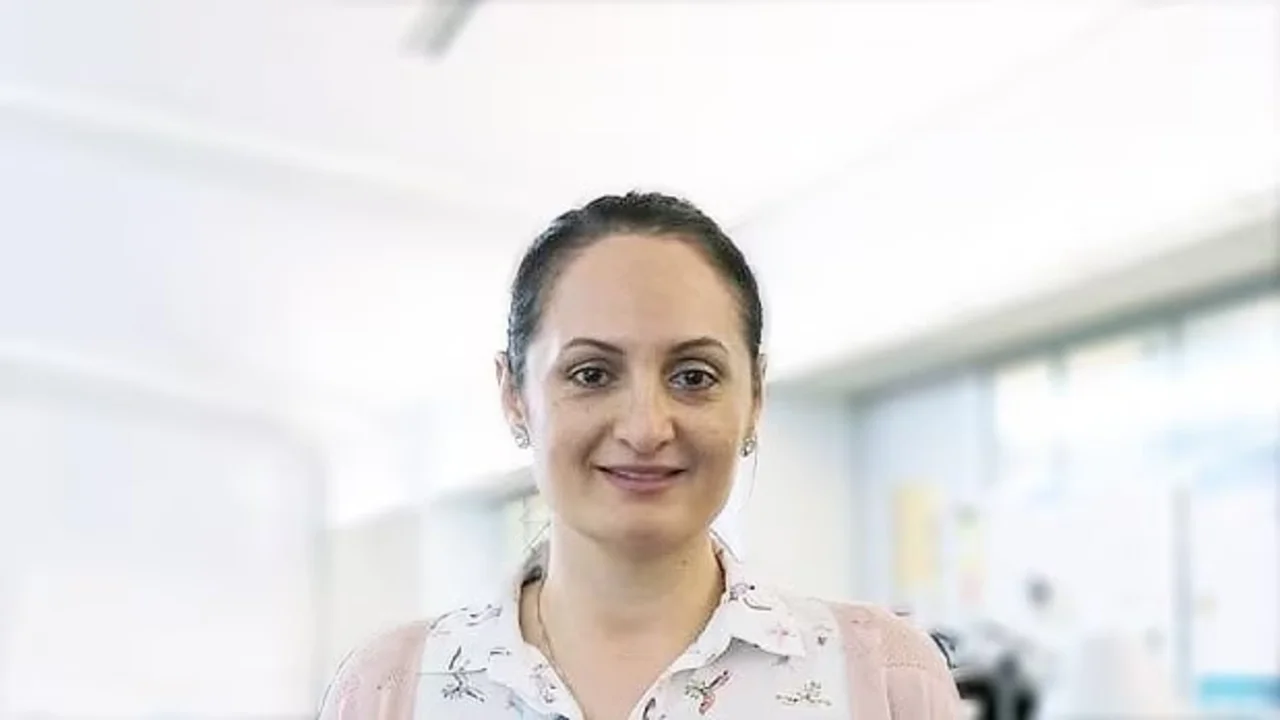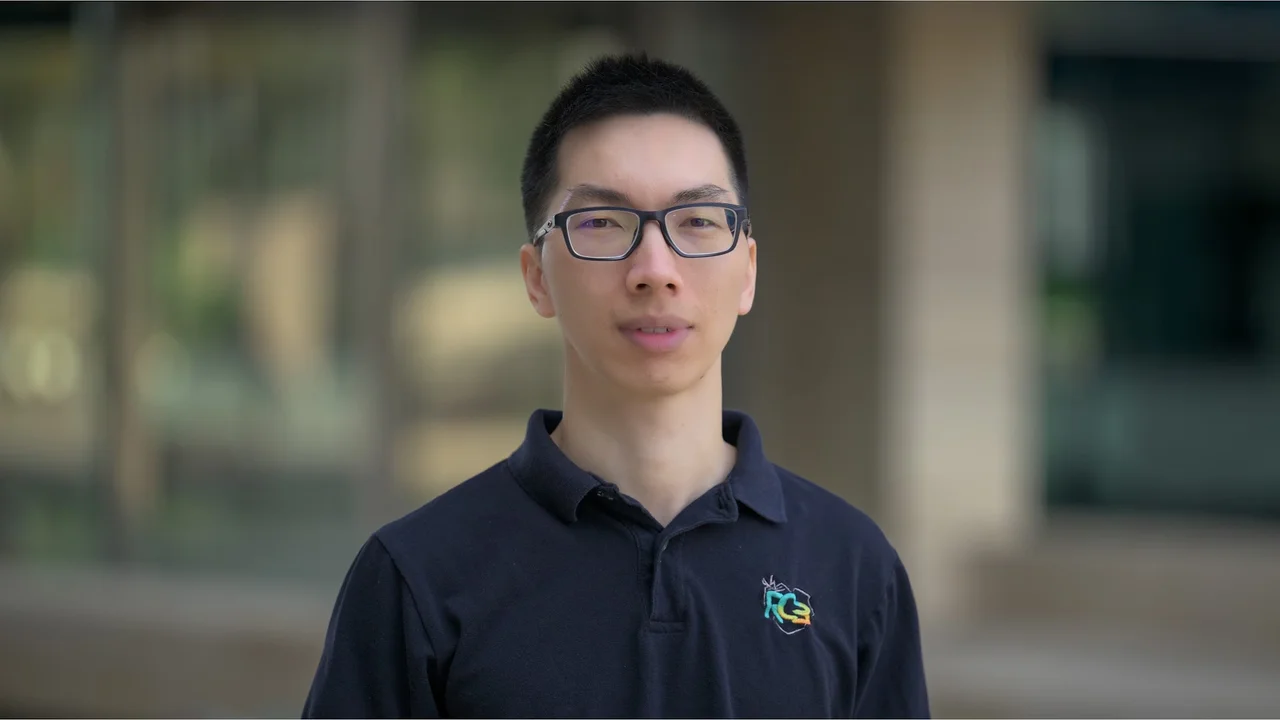Biography
Dr. Gao received his B.A. in Computer Science in 2004 from Tsinghua University, China, and his Ph.D. in Computer Science in 2009 from the David R. Cheriton School of Computer Science at the University of Waterloo, Canada. Before joining KAUST, he served as a Lane Fellow at the Lane Center for Computational Biology at Carnegie Mellon University, U.S., from 2009 to 2010.
He is the Associate Editor of numerous journals, including Bioinformatics, npj Artificial Intelligence, Journal of Translational Medicine, Genomics, Proteomics & Bioinformatics, Big Data Mining and Analytics, BMC Bioinformatics, Journal of Bioinformatics and Computational Biology, Quantitative Biology, Complex & Intelligent Systems, and the International Journal of Artificial Intelligence and Robotics Research.
Gao has co-authored more than 400 research articles in bioinformatics and AI and is the lead inventor on over 60 international patents.
Research Interests
Professor Gao's research interest lies at the intersection between AI and biology/health. His research focuses on building novel computational models, developing principled AI techniques, and designing efficient and effective algorithms. He is particularly interested in solving key open problems in biology, biomedicine, health and wellness.
In the field of computer science, he is interested in developing machine learning theories and methodologies related to large language models, deep learning, probabilistic graphical models, kernel methods and matrix factorization. In the field of bioinformatics, he works on developing AI solutions to key open problems along the path from biological sequence analysis, to 3-D structure determination, to function annotation, to understanding and controlling molecular behaviors in complex biological networks, and to biomedicine and health care. He is a world-leading expert on developing novel AI solutions for challenges in biology, biomedicine, health and wellness, in particular AI-based drug development, large language models in biomedicine, biomedical imaging analysis, and omics-based disease detection and diagnostics.
